Blog
Are you ready for Enterprise Project Management?

Best practices in taking your project team to the next level
Have you outgrown your existing project management practice and tools?
Rapidly growing organizations often see their incoming project pipeline start to overwhelm their existing project management practice. This results in project information becoming increasingly scattered and pushing resource capacity beyond its limits for effective execution. And project management leadership no longer has the appropriate tools and processes to ensure project delivery or achieving the results expected by their stakeholders. Consequently, these organizations are faced with the decision to either scale back their project intake and align it with their current capabilities or adapt to their current enterprise needs by adopting an Enterprise Project Management (EPM) system.
For project-centric organizations looking to incorporate an EPM strategy in their practice, it is recommended to adopt a top-down approach in which the organization as a whole is plugged into the improved ways of tracking, accessing and sharing project information. Enterprise Project Management takes a holistic approach to managing projects within an organization with great consideration given to their impact on the people, processes, and corporate objectives. The idea is to develop a project management environment where projects are not treated based on individual merit, but as a group of interrelated goals that are linked to a single group of people with finite availability and talent.
This white paper aims to help identify the common characteristics in project management practice that confirm a readiness for EPM and provide basic guidelines to successfully reach the maturity required to improve project management practice.
Defining Enterprise Project Management
Not to be confused with Project Portfolio Management (PPM) which primarily focuses on a top-down approach analyzing/tracking “groupings” of projects as a whole; Enterprise Project Management (EPM) takes a bottom-up approach focusing on a single project’s success within the context of all other competing projects and resources. In other words, the focus on successful scheduling, planning, execution, and delivery must carefully consider the success of all organization projects. Although there are several definitions for EPM, the following one provides a good sense of what EPM should deliver to an organization:
“Enterprise Project Management is a way of thinking, communicating and working, supported by an information system that organizes enterprise’s resources in a direct relationship to the leadership’s vision and the mission, strategy, goals and objectives that move the organization forward. Simply put, EPM provides a 360-degree view of the organization’s collective efforts.” Source: http://en.wikipedia.org/wiki/Enterprise_project_management
At the core of EPM, project-centric organizations need to implement a holistic approach of managing projects within the context of all the activities that are being performed. That being said, a successful EPM strategy includes enterprise-wide buy-in, inclusive processes and a far reaching EPM platform to deliver the 360 degree view across the organization. The goal of Enterprise Project Management should be to transform your project management practice into a formalized process with a well-defined governance framework along with best practices guidelines to effectively deliver multiple projects in a streamlined manner.
Implementing an EPM Strategy for Success
Implementing a successful EMP strategy will require the education, tools, and maturity to make the transition from successfully delivering a basic project environment to a more complex environment that deals with unexpected changes and competing factors requiring a strategic approach to managing projects.
Implementing an EPM strategy demands careful planning and analysis of your organization’s current situation including a deep dive into what works and what hurts your projects and organization as a whole. Like any important project, successfully implementing EPM means first detailing short term, mid-term, and long-term goals. Transitioning to an EPM system requires a lot of effort in nailing down the processes and their delivery to impact the organization in the most effective manner. Organization’s need to ask themselves where the biggest pain lies. Is it lack of visibility to make informed decisions? Are resources stretched to their limits? Is the lack of access to information causing issues? Whatever the case, prioritizing these challenges and designing a realistic, phased plan will mitigate the shock of change and set your organization on the right path to EPM maturity.
To effectively implement an EPM strategy you may want to consider the following four steps:
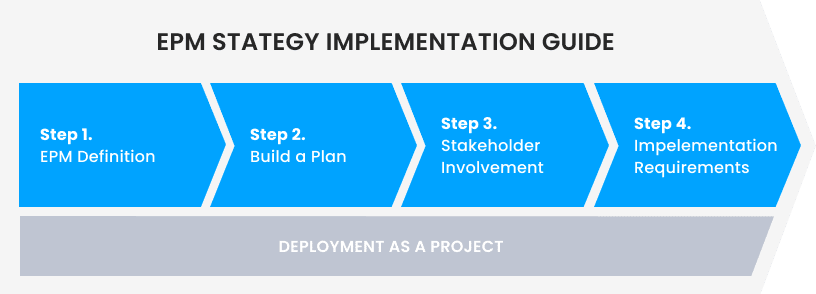
- Step 1 – EPM Definition – Defining EPM within your unique context as well as the roll out strategy to ensure that the objectives of the implementation are in line with the overall process of all stakeholders.
- Step 2 – Build a Plan – Once the EPM is clearly defined, a detailed plan of the major tasks needs to be established. This step represents the roadmap for getting the EPM strategy implemented with reference to the people, processes, and technology responsible for its success.
- Step 3 – Stakeholder Involvement – As part of the implementation, the organization needs to clearly define the roles and training necessary for all involved stakeholders, along with a communication plan to ensure that the EPM strategy is ready for roll out. This is also the time to identify any missing elements that could impede the adoption of EPM.
- Step 4 – Implementation Requirements – In this final step the organization needs to develop a list of specific requirements and phases that the organization will agree upon. The purpose of this final step is to establish a realistic agreement among all parties so that the final expectations of the EPM strategy are defined and met.
In conclusion, if the implementation EPM strategy is carefully laid out and all relevant parties are involved in its development from start to finish, the challenges to adopt an EPM strategy will ultimately be minimized.
Identifying “EPM Readiness”
Many organizations are late in identifying their readiness for enterprise project management. Initially project management is often a means to an end to either deliver what was sold to customers or to deliver the infrastructure to keep up with a growing business (as is the case with IT). In a typical reactive mode, those “running” the projects quickly realize that they cannot keep up with the pace and that a change in their project management processes is needed in order to deliver the quality results that both customers and internal stakeholders demand. At that point, many organizations will go into the marketplace and seek out project management technology to solve their issues. Although recognizing a need is the first step toward a more mature practice, technology is only one piece of the EPM puzzle. Even the best EPM technology can be successful without a well-defined EPM process and organizational buy-in to drive its success.
To take a more proactive approach to streamlining to project management practice, consider the following “EPM Readiness” checklist:
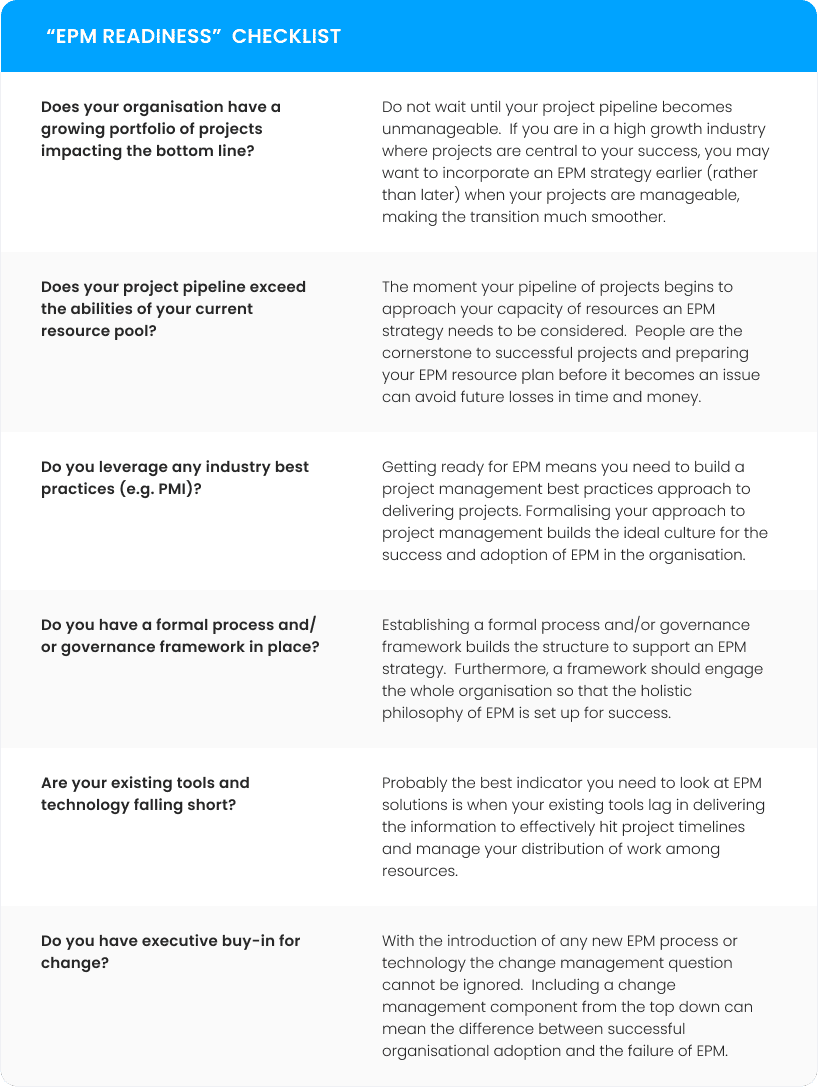

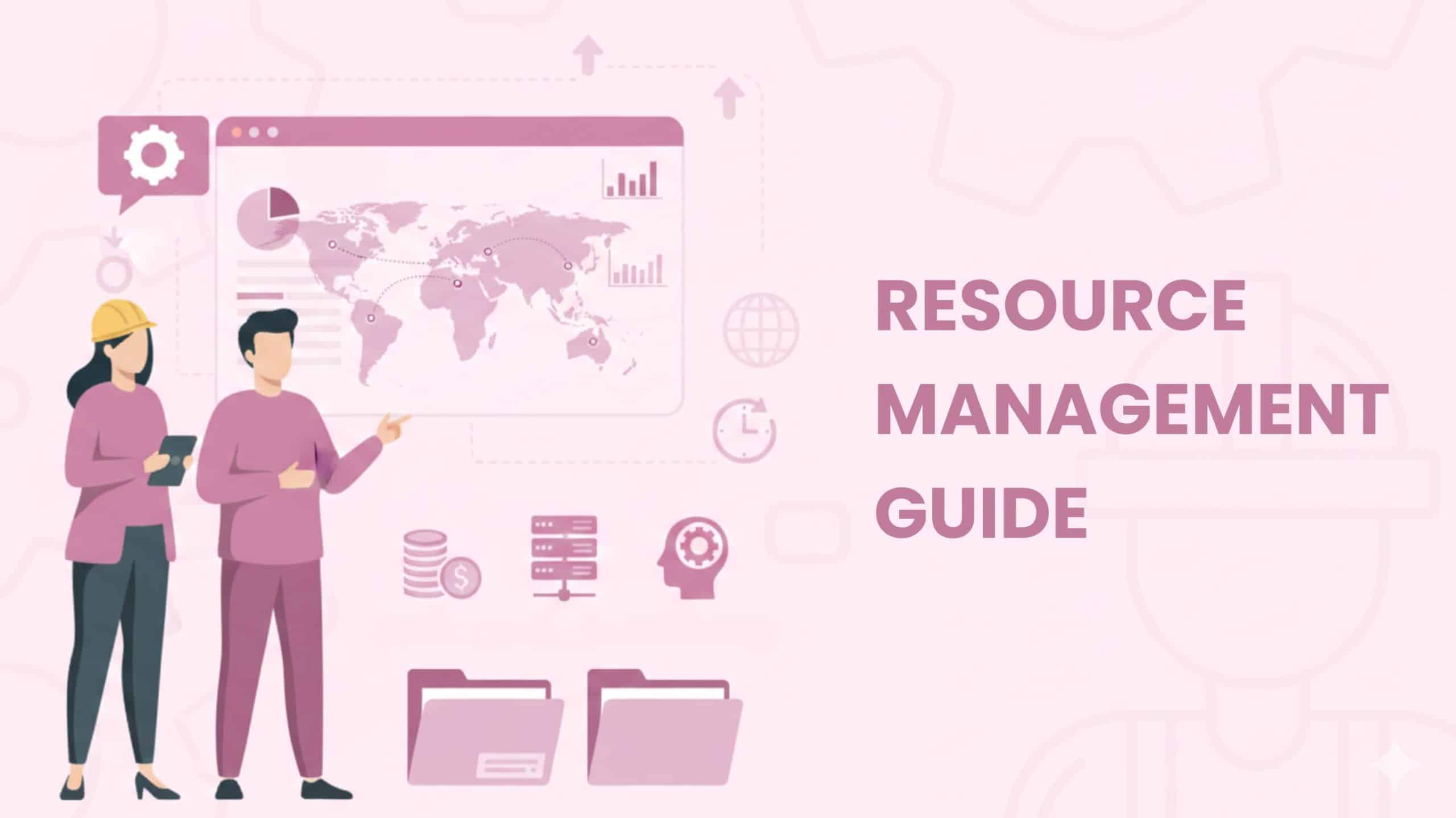
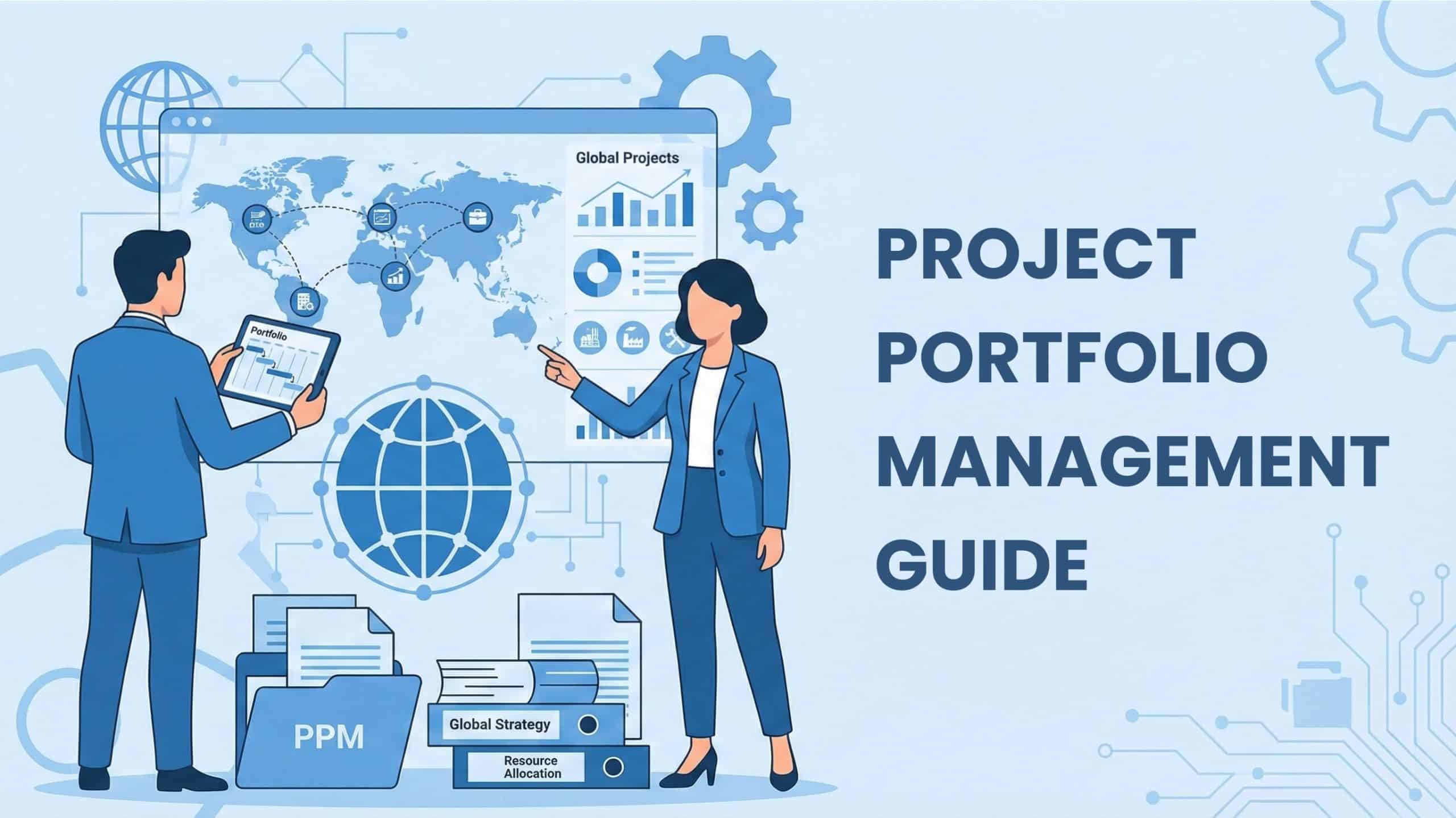
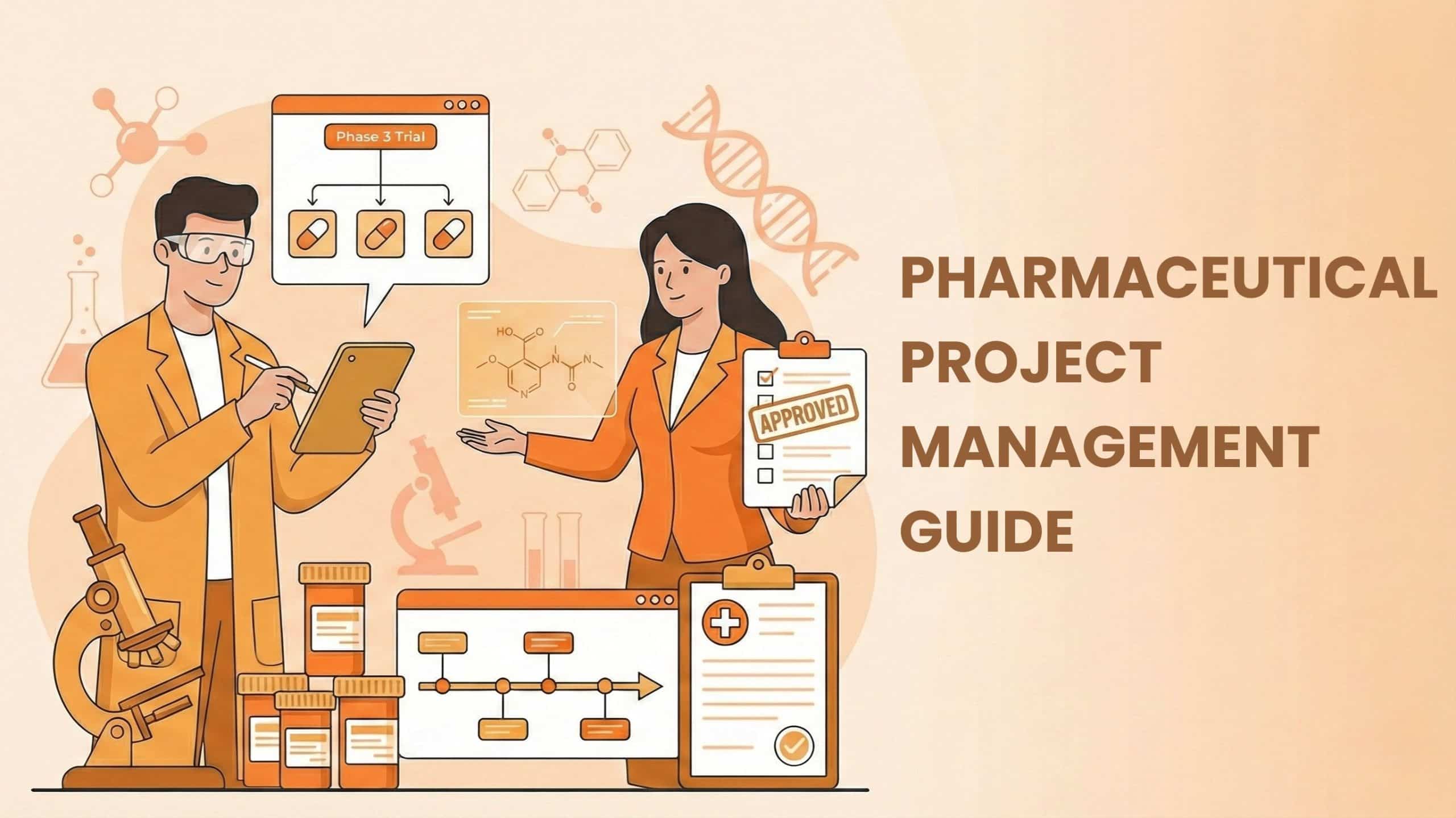
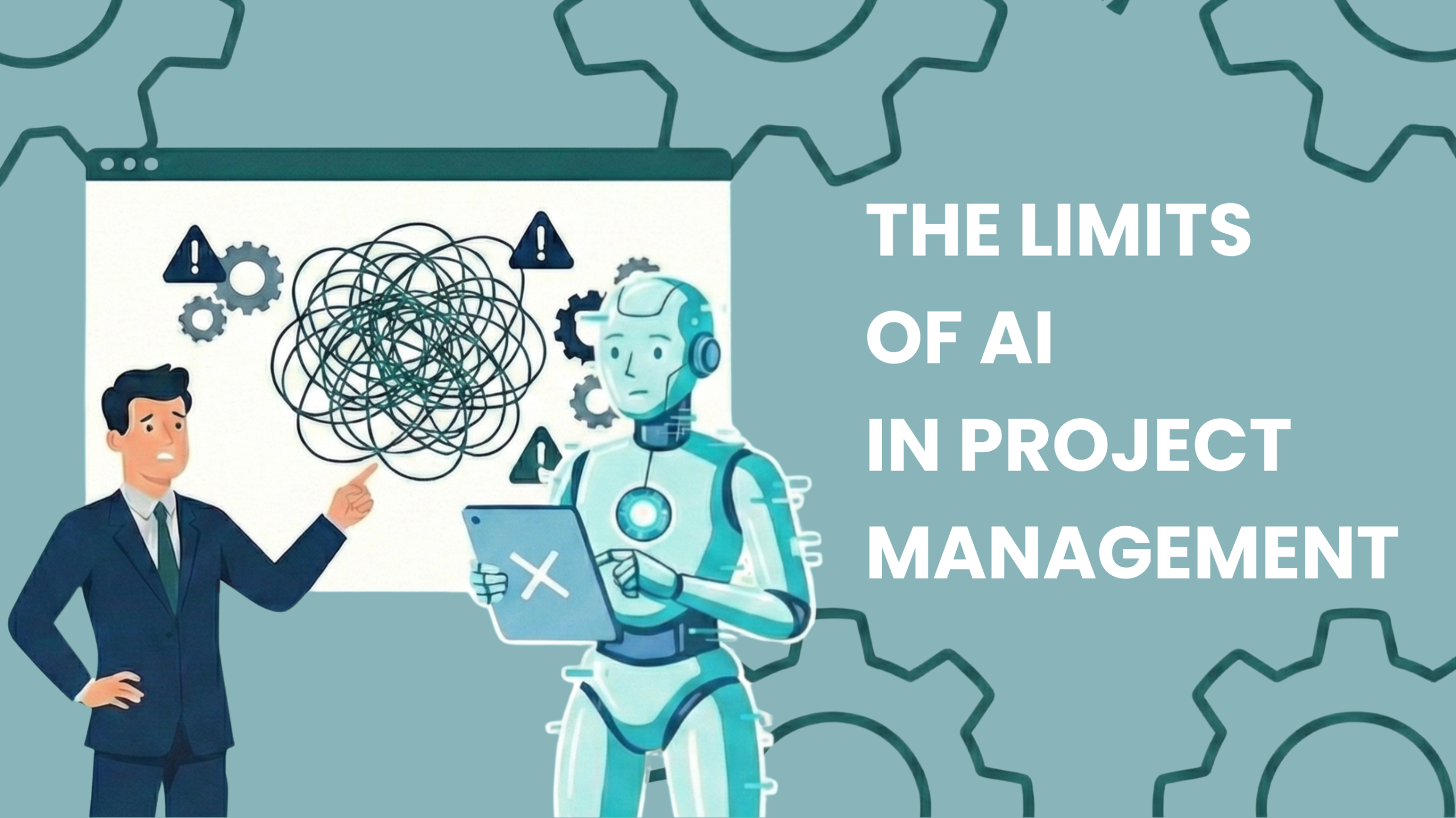
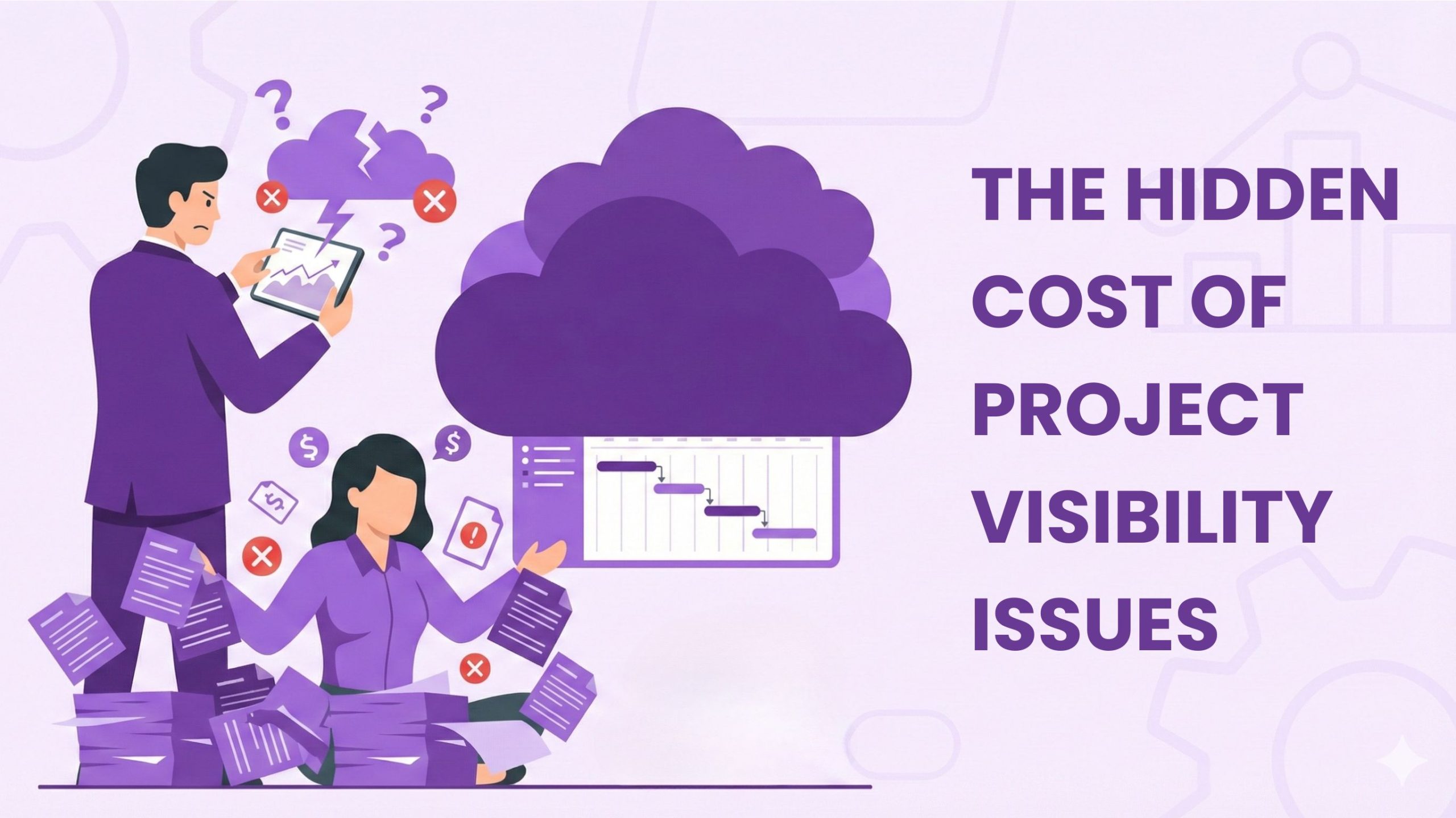
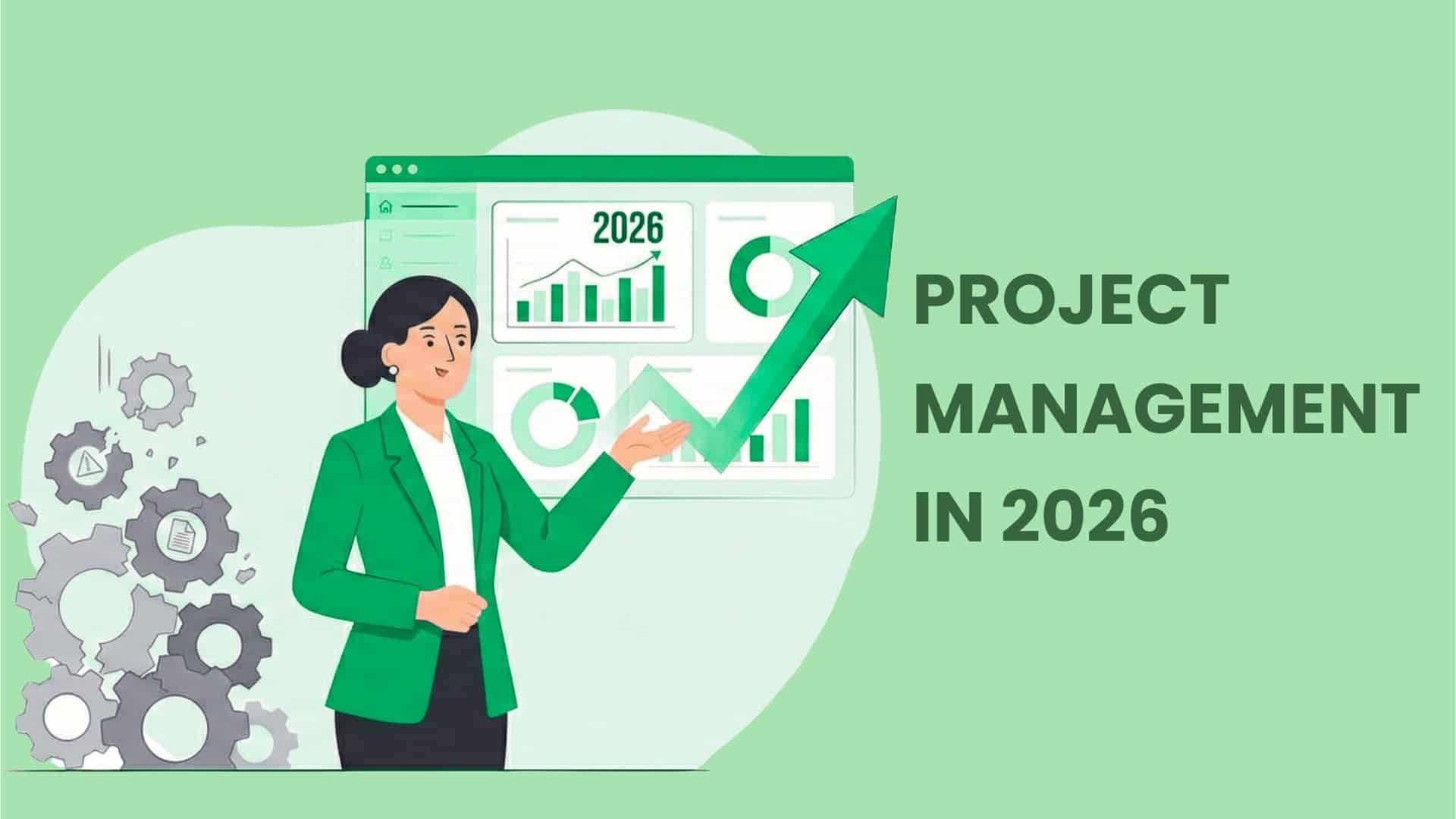
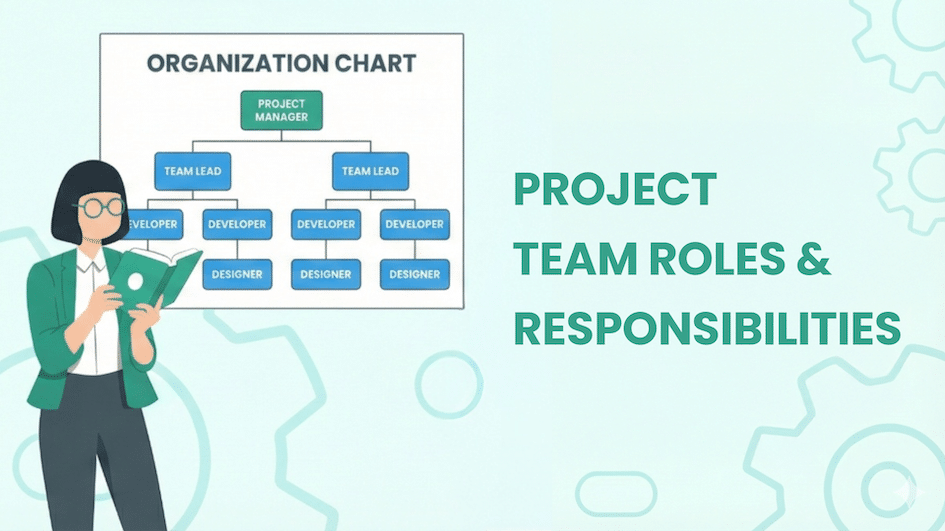
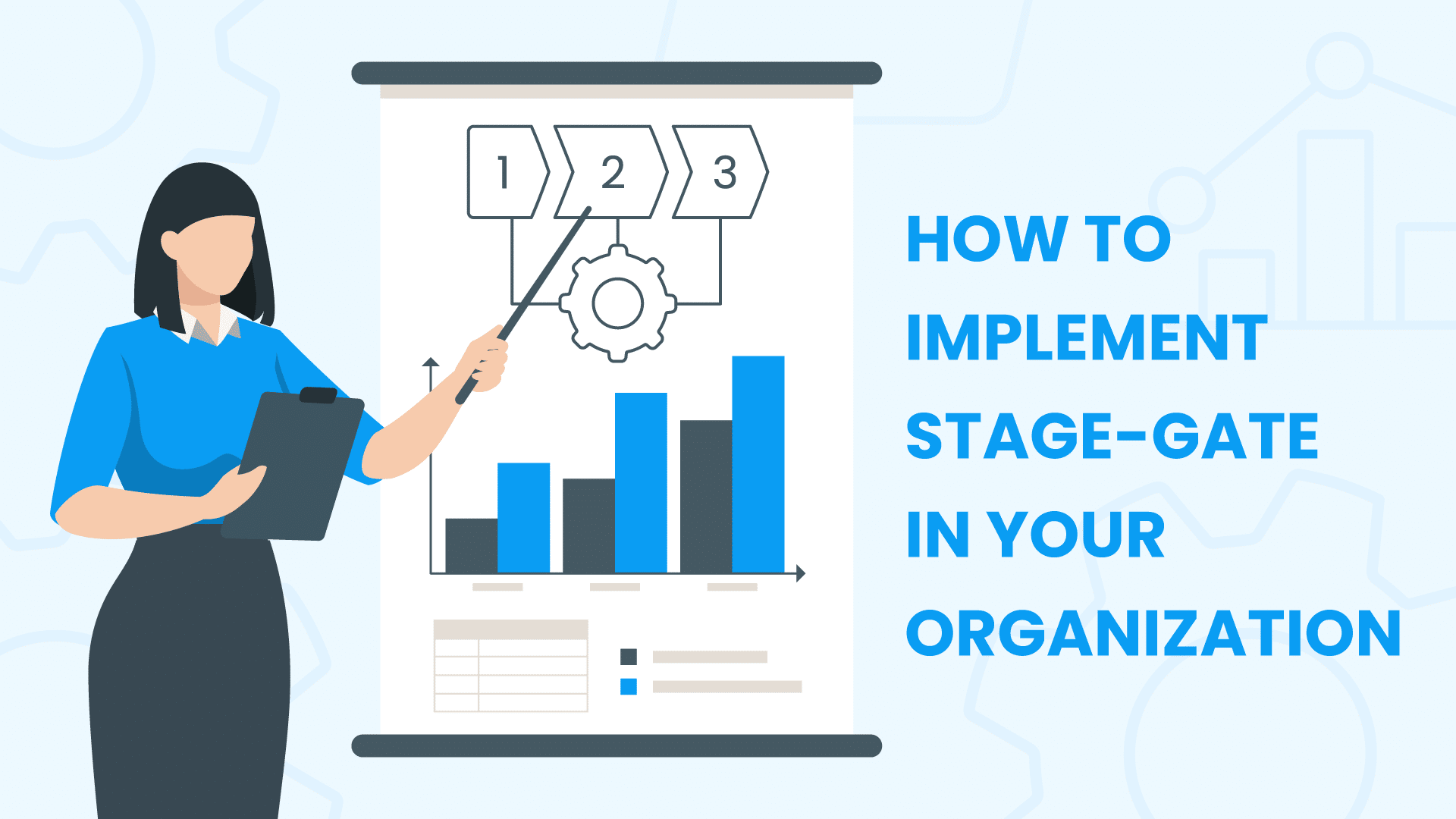


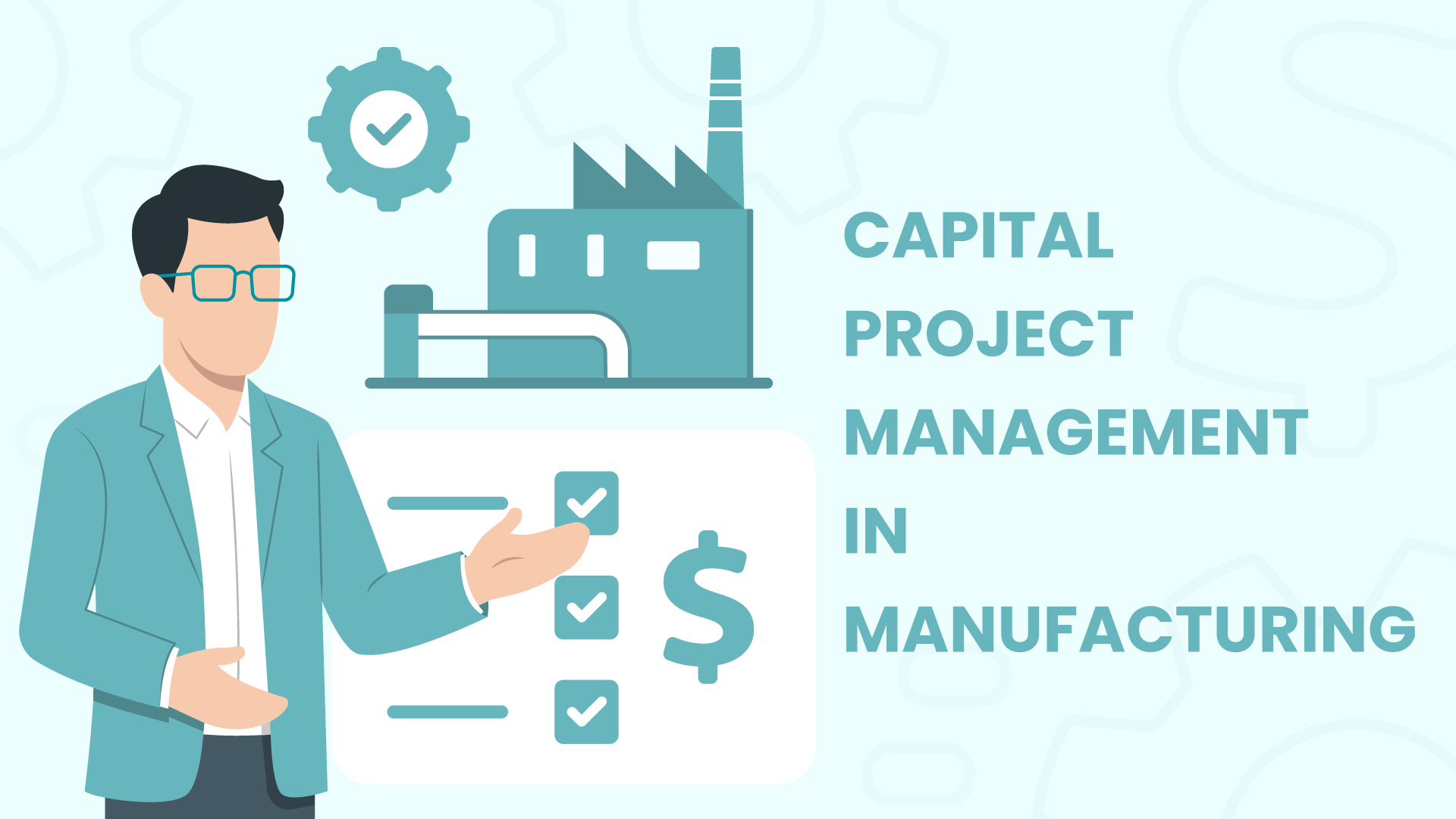



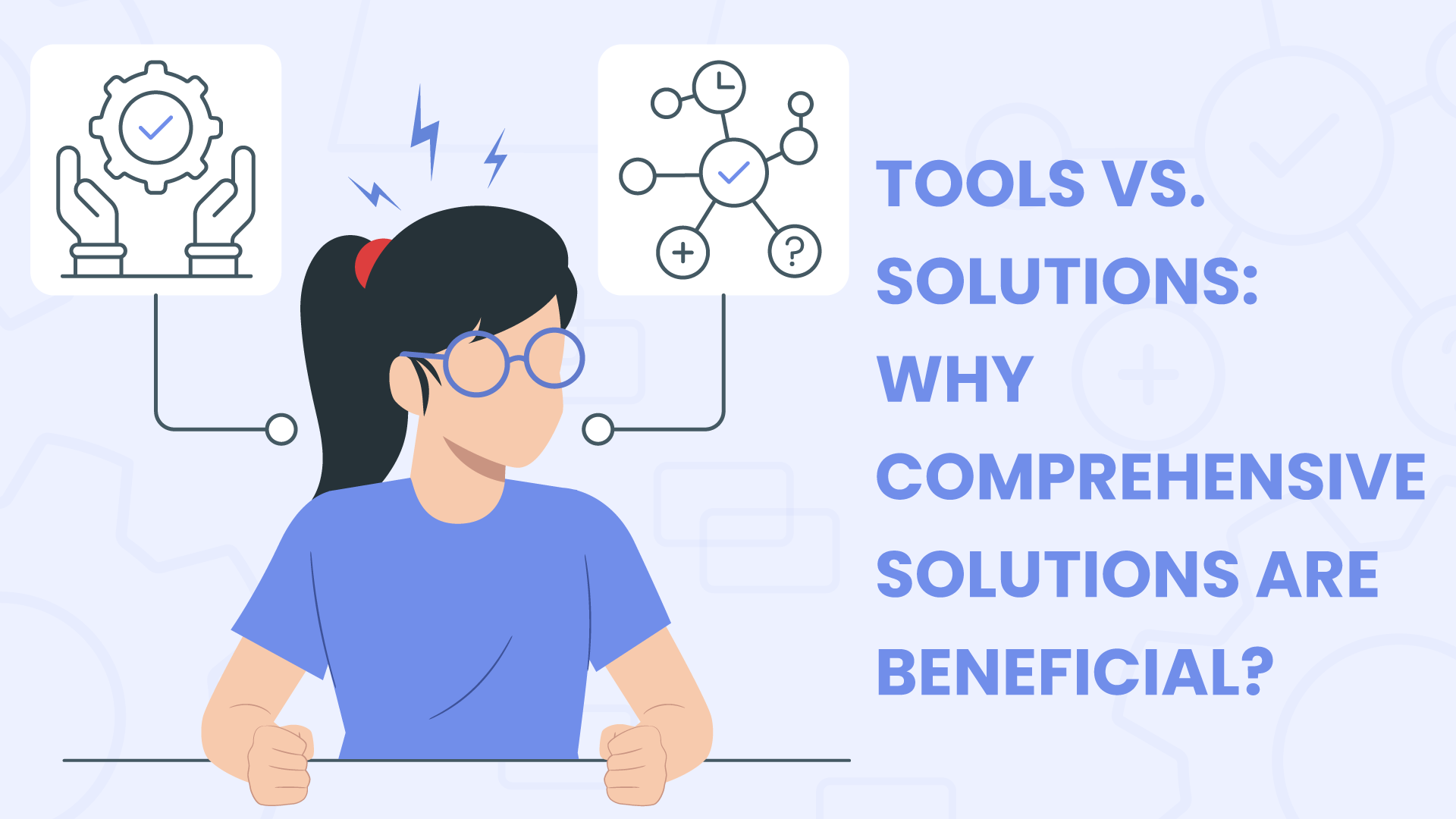




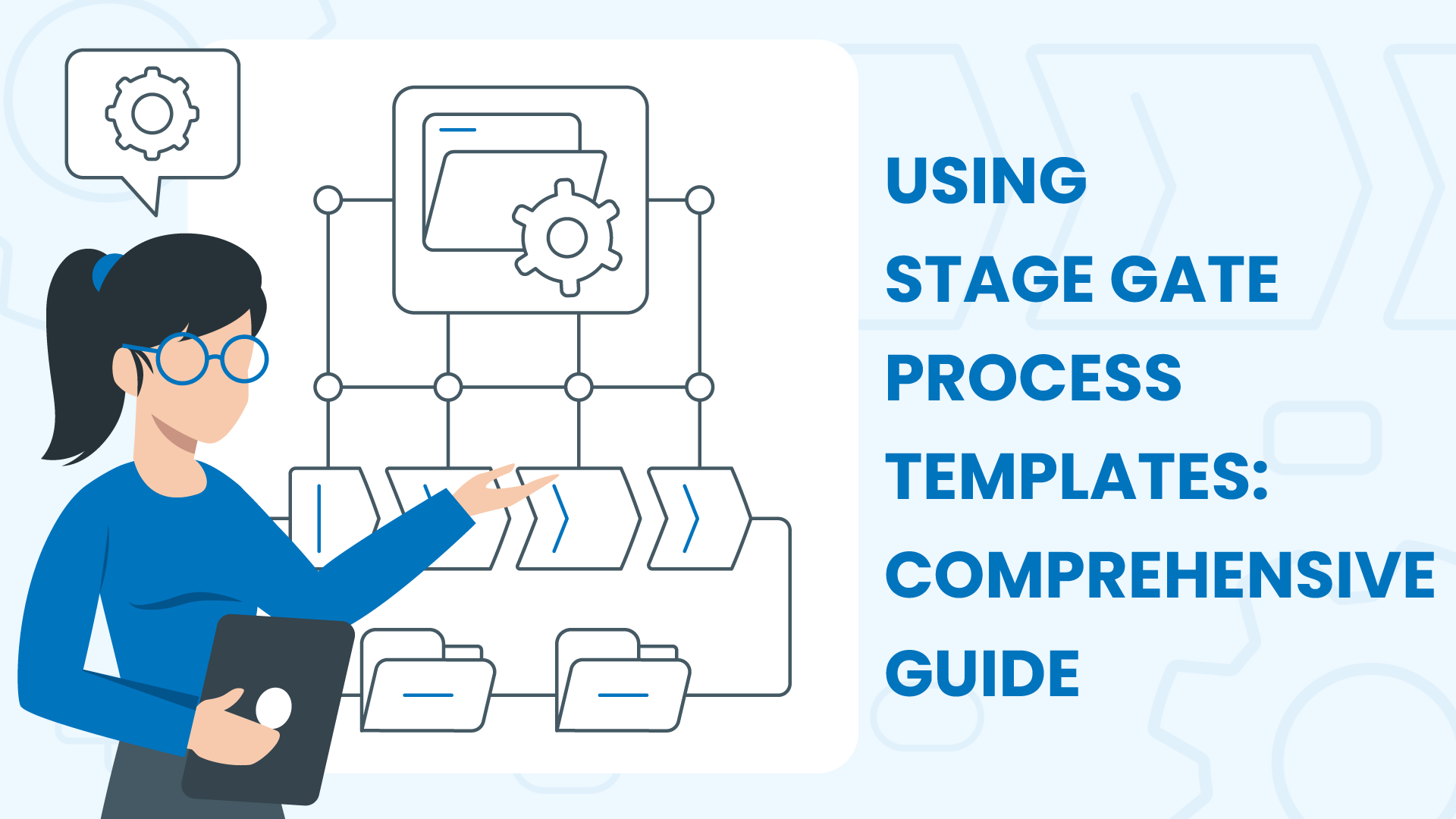




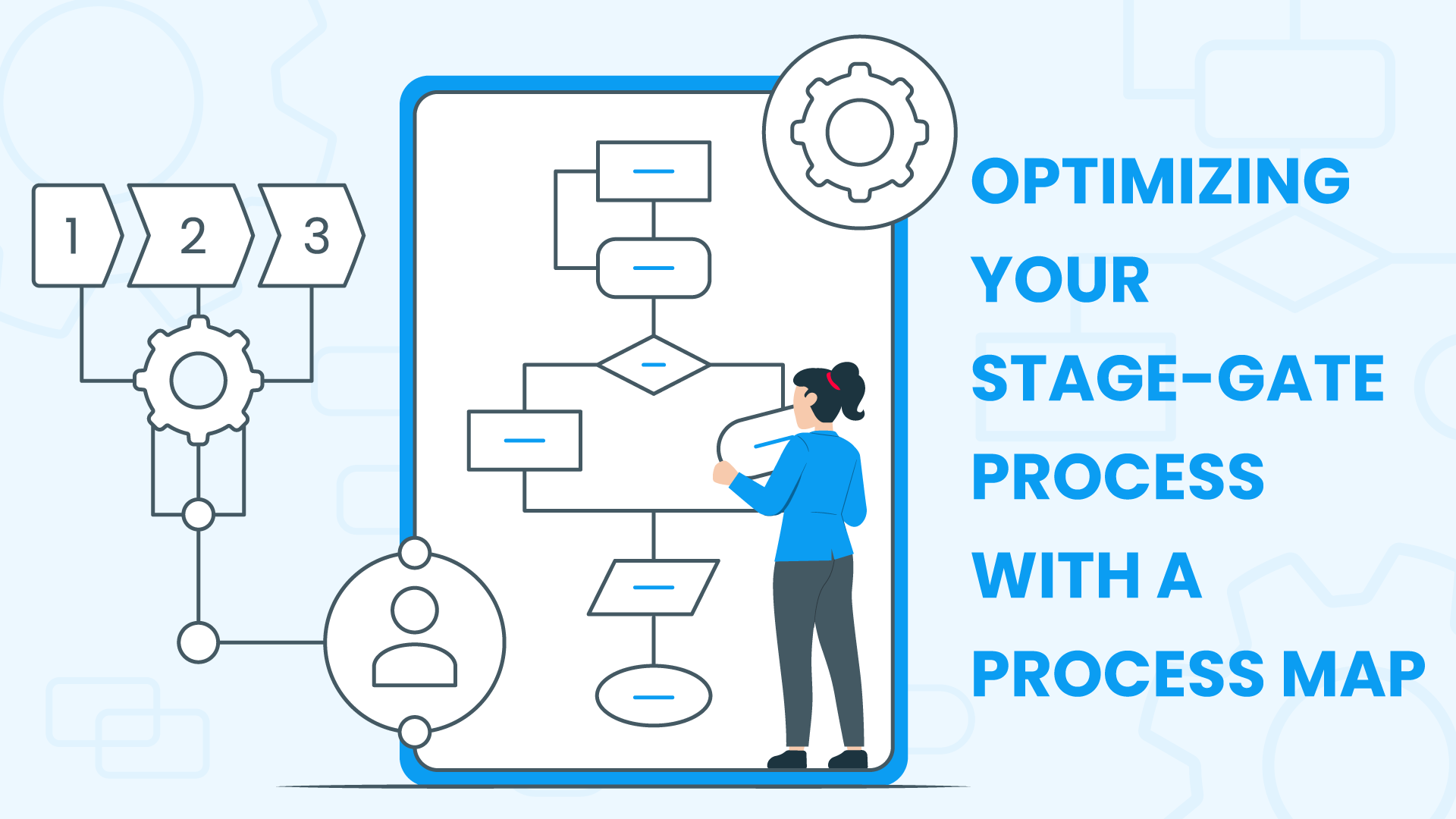


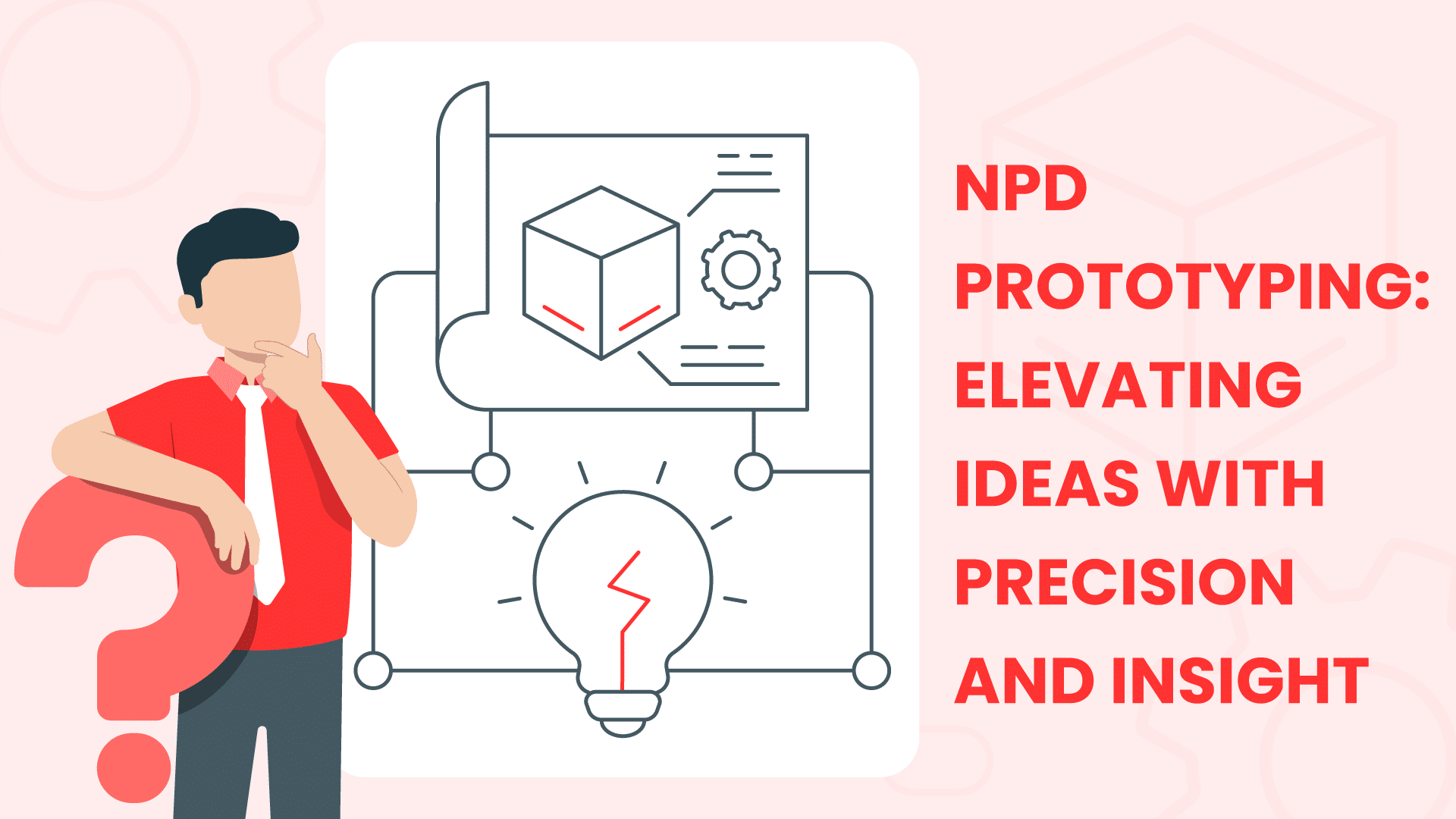

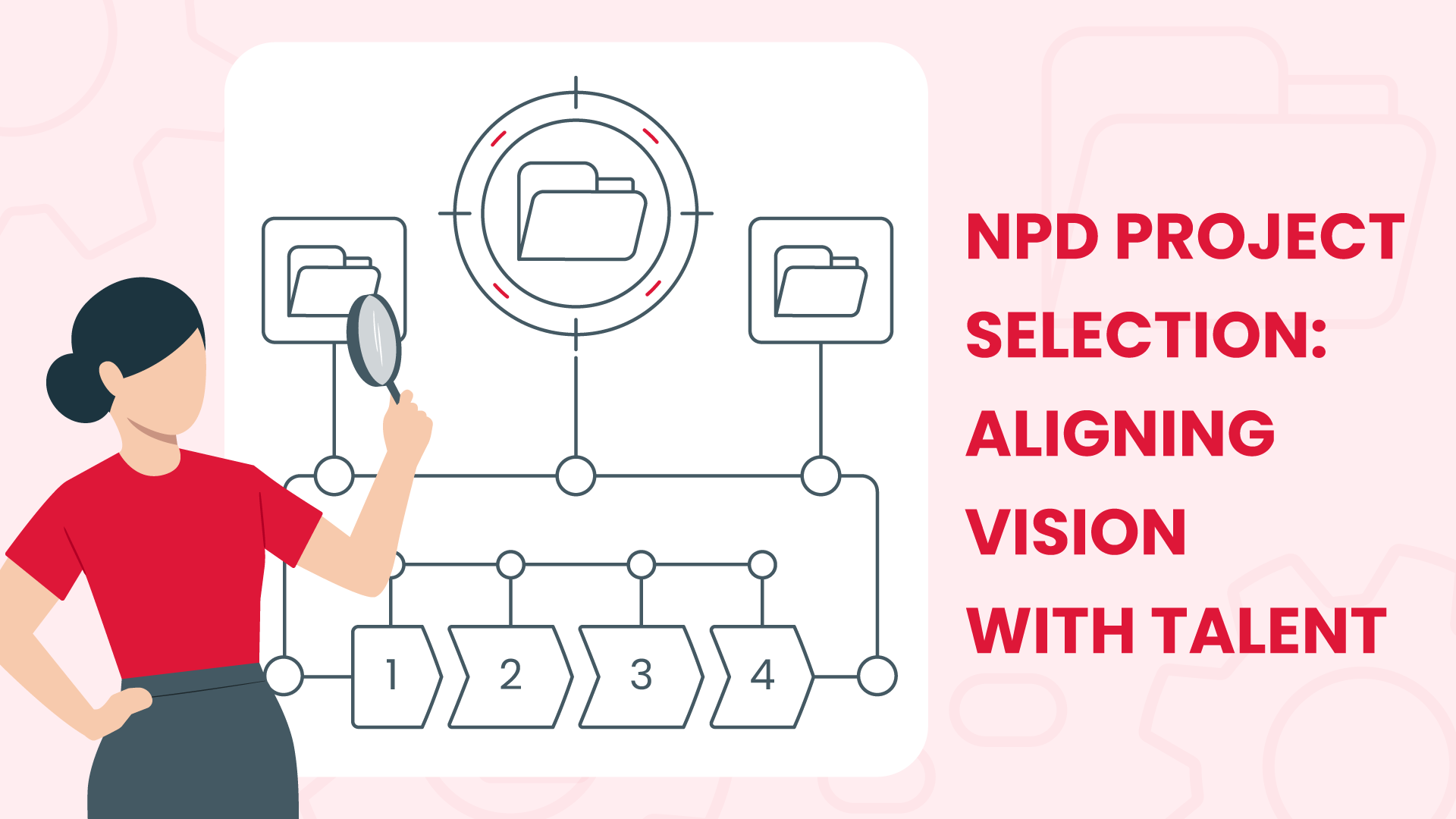

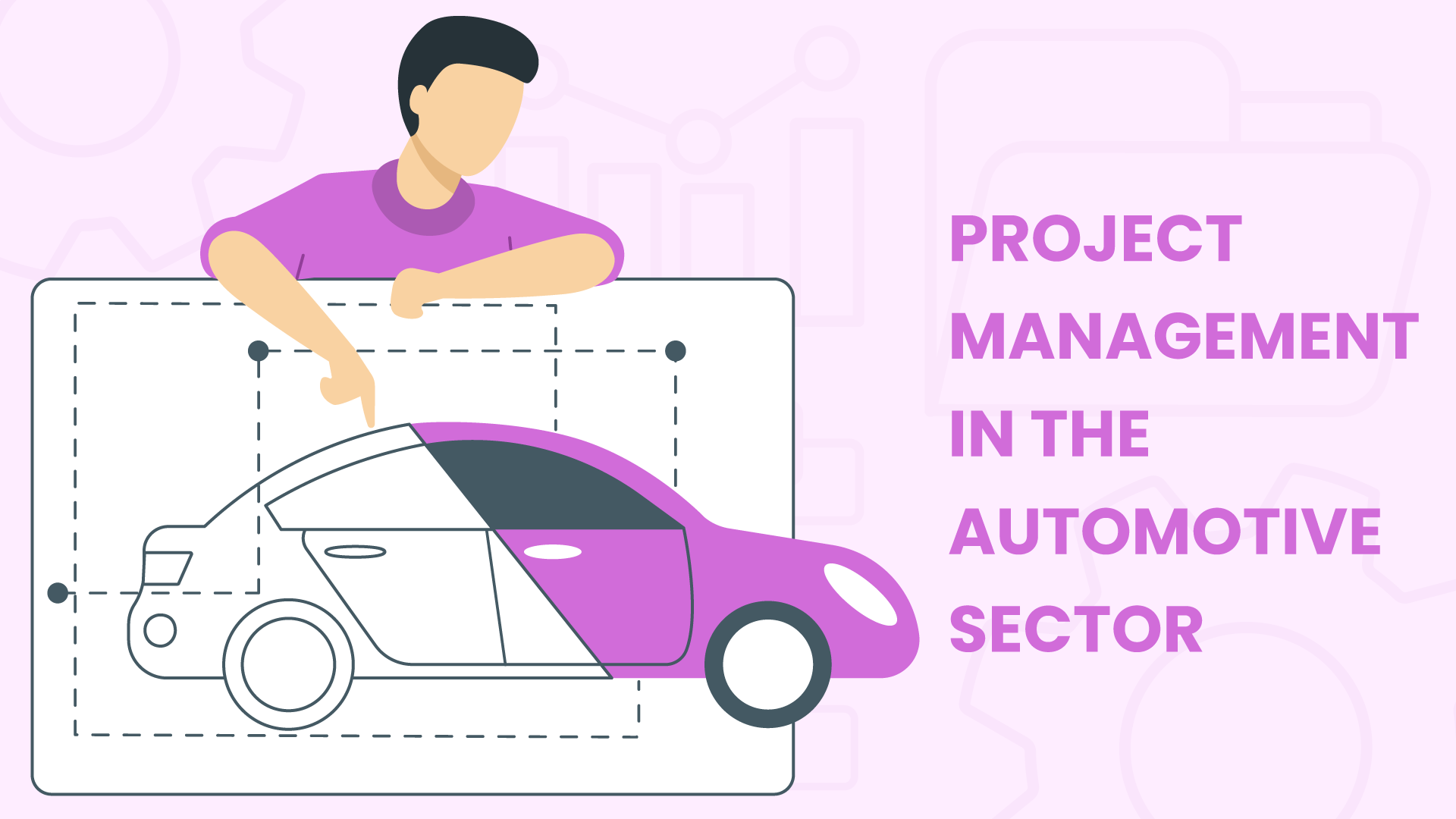

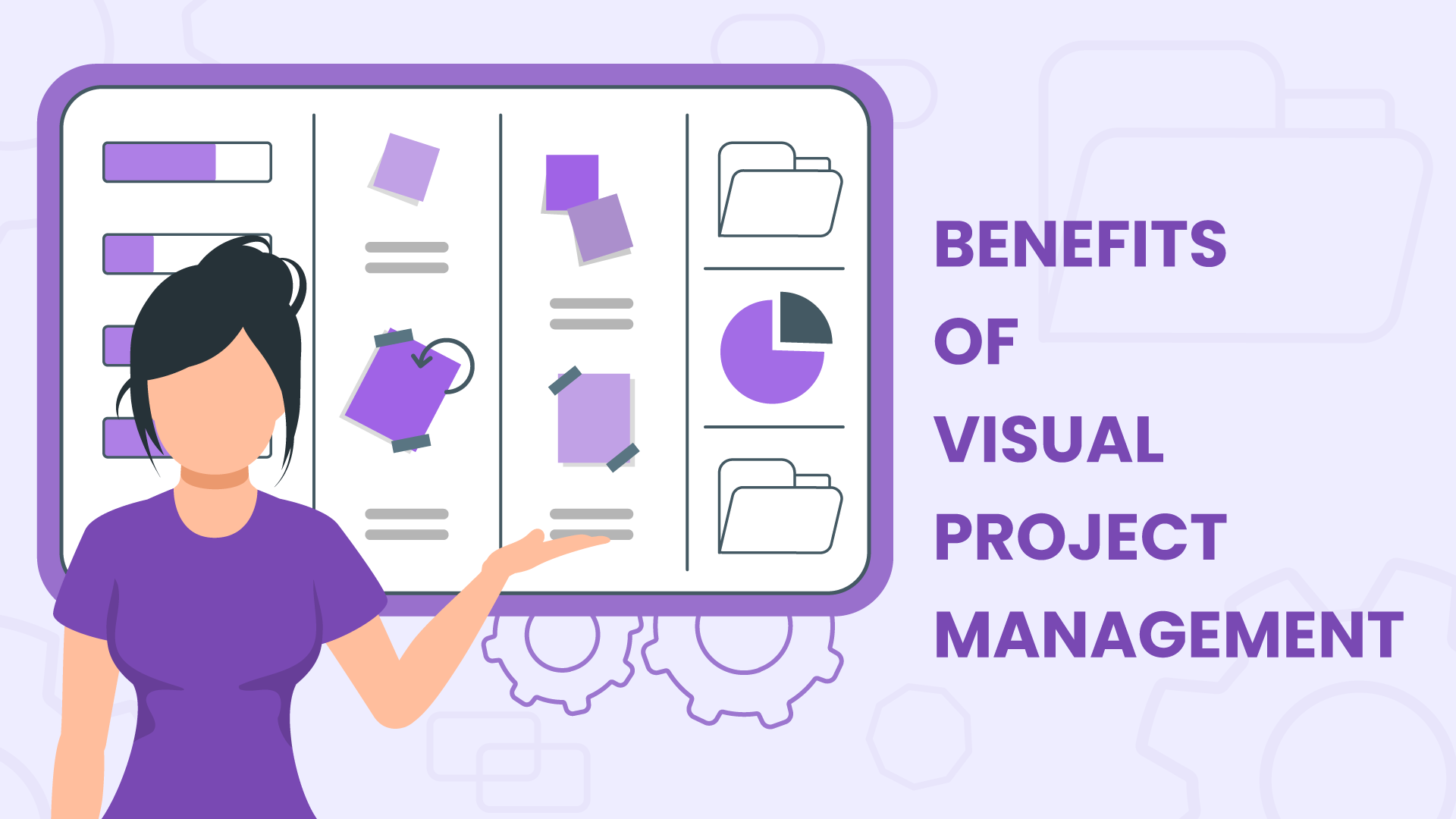


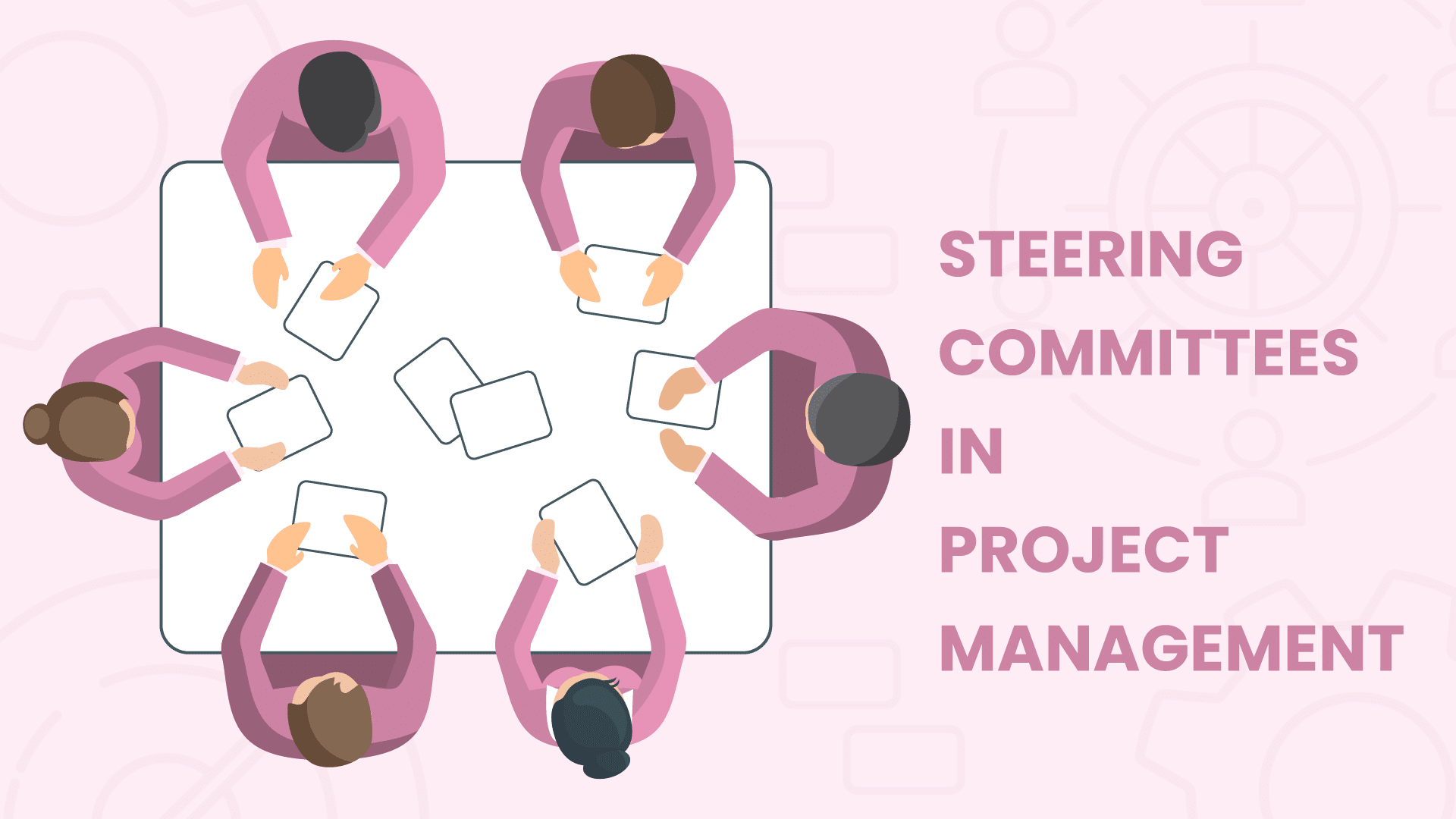

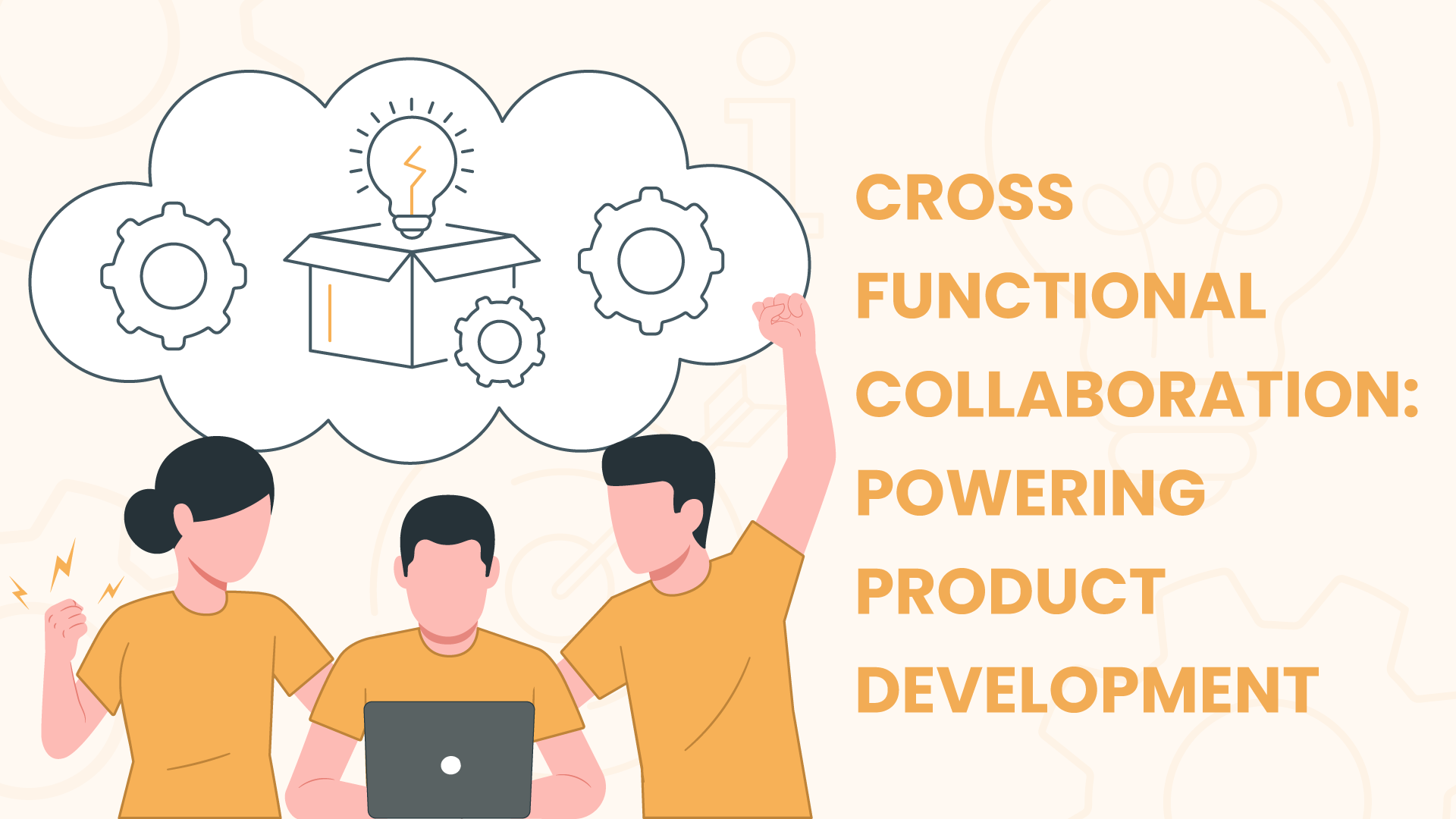

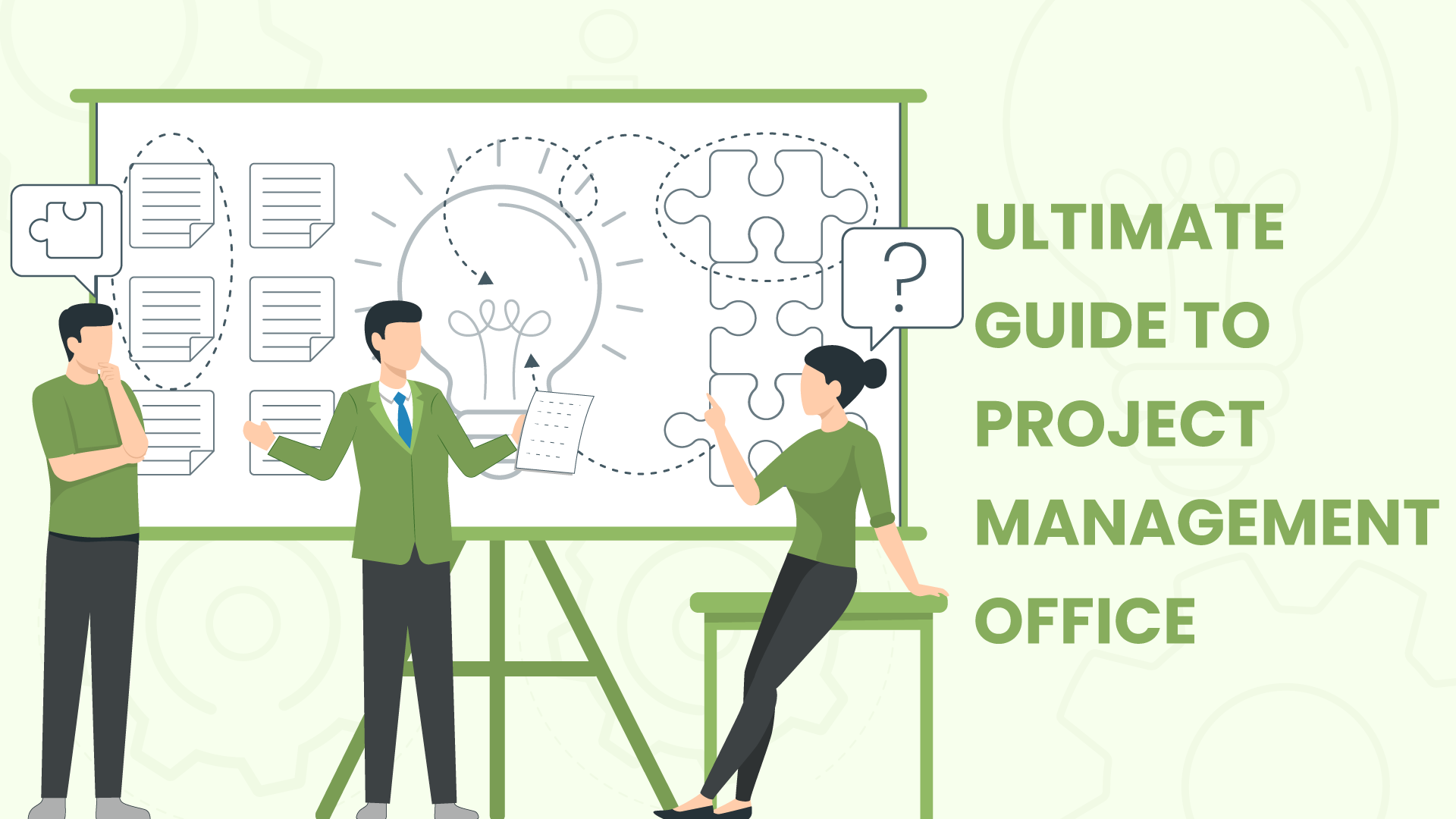

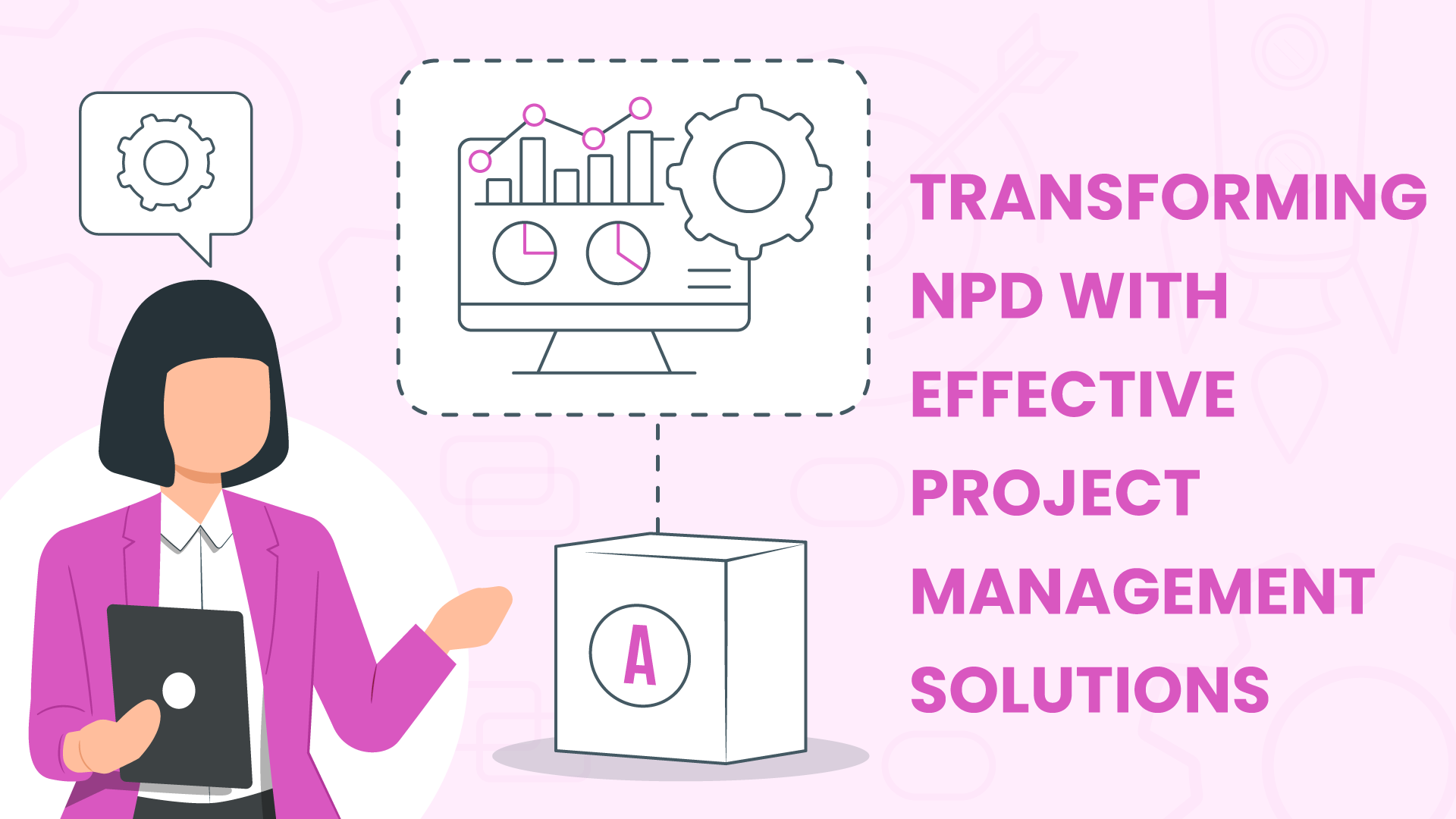
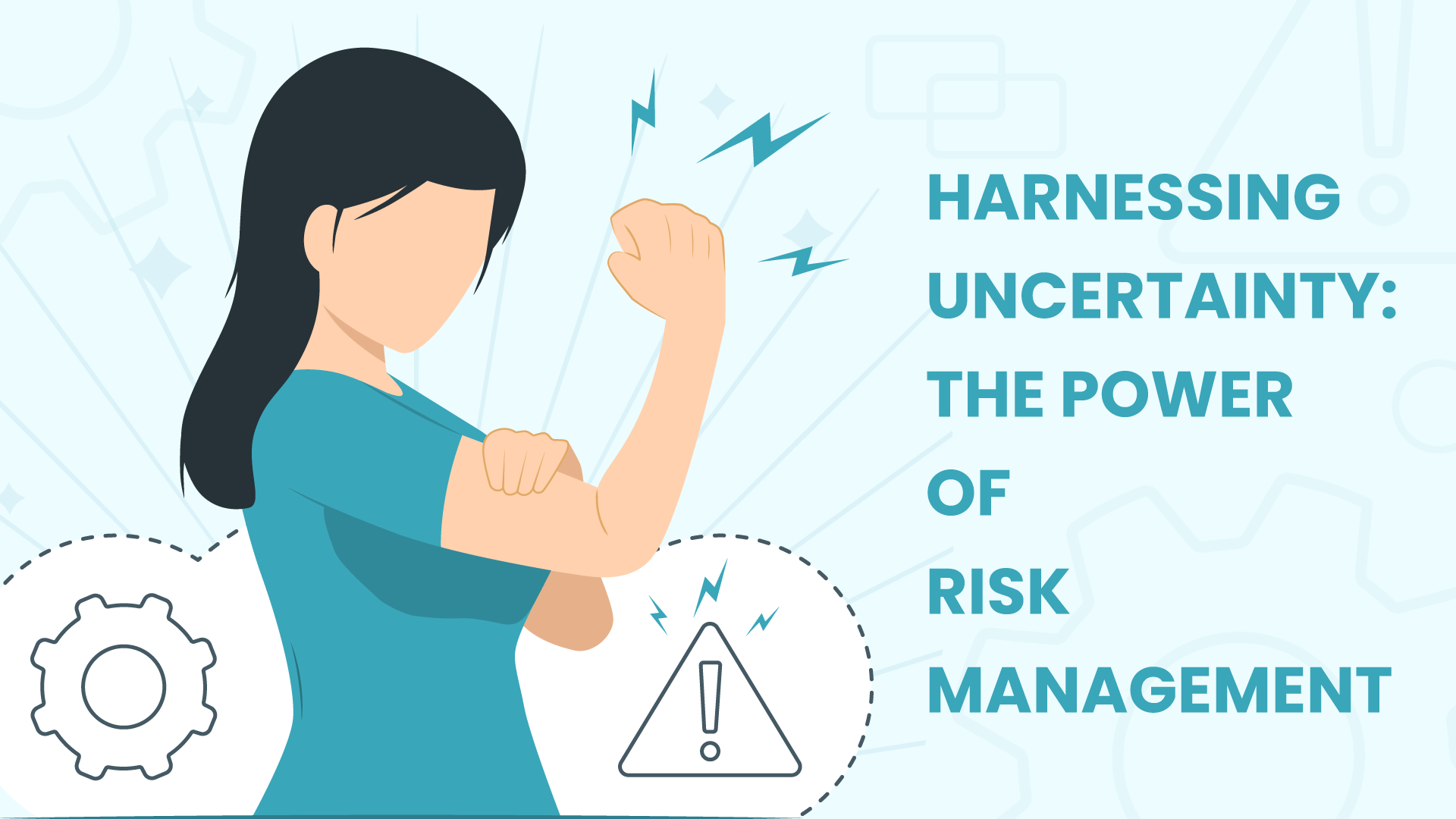
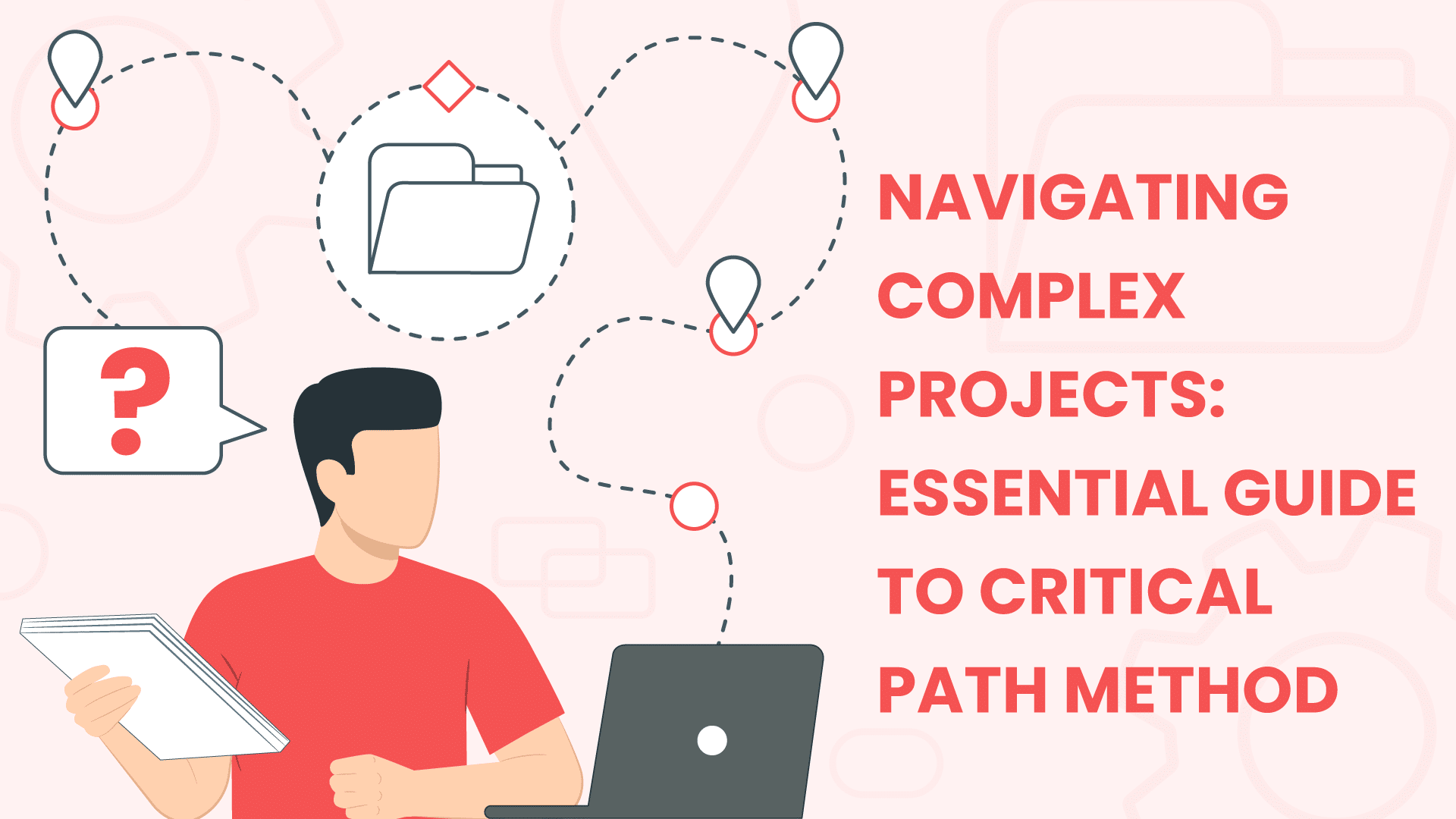





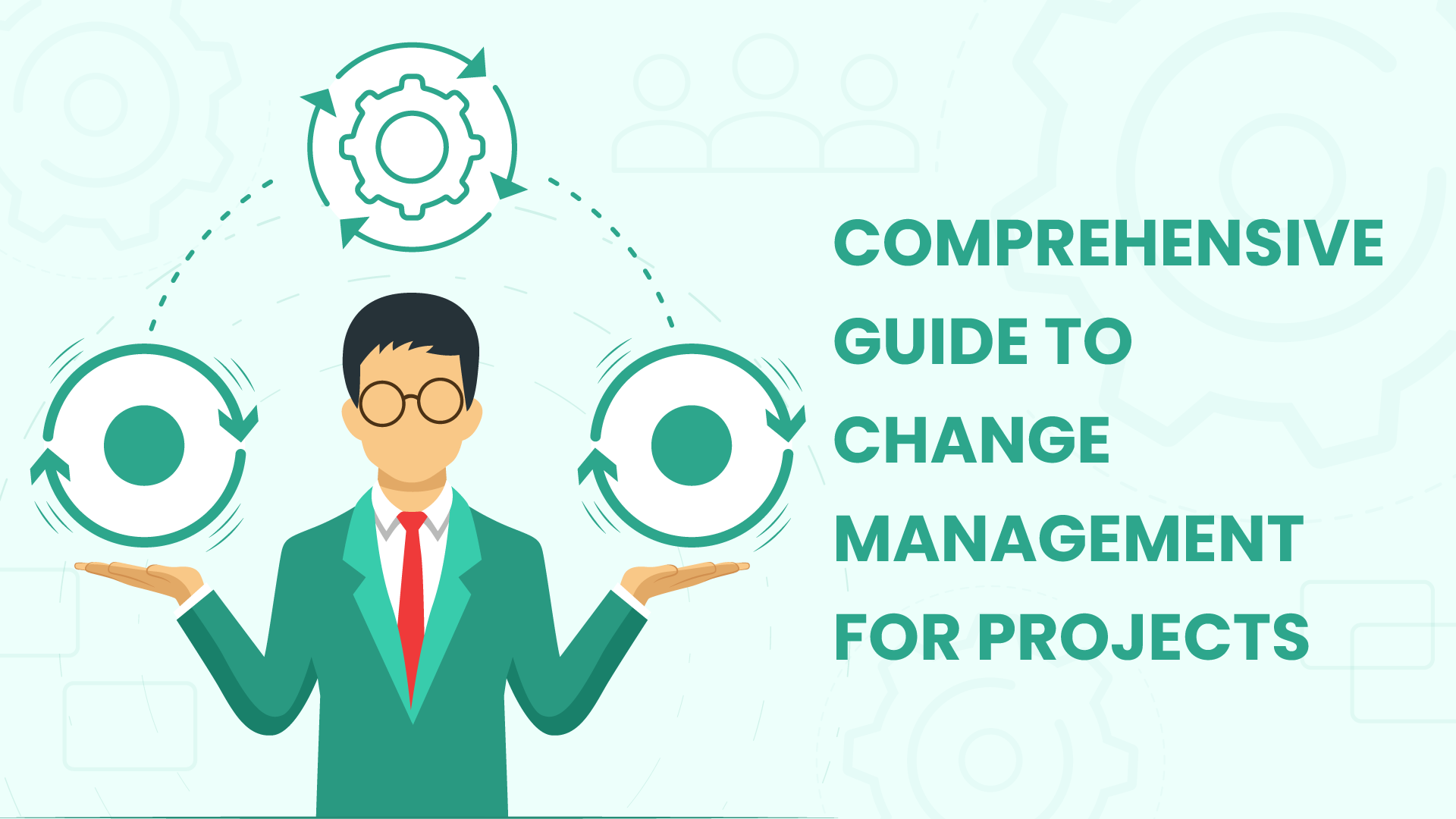
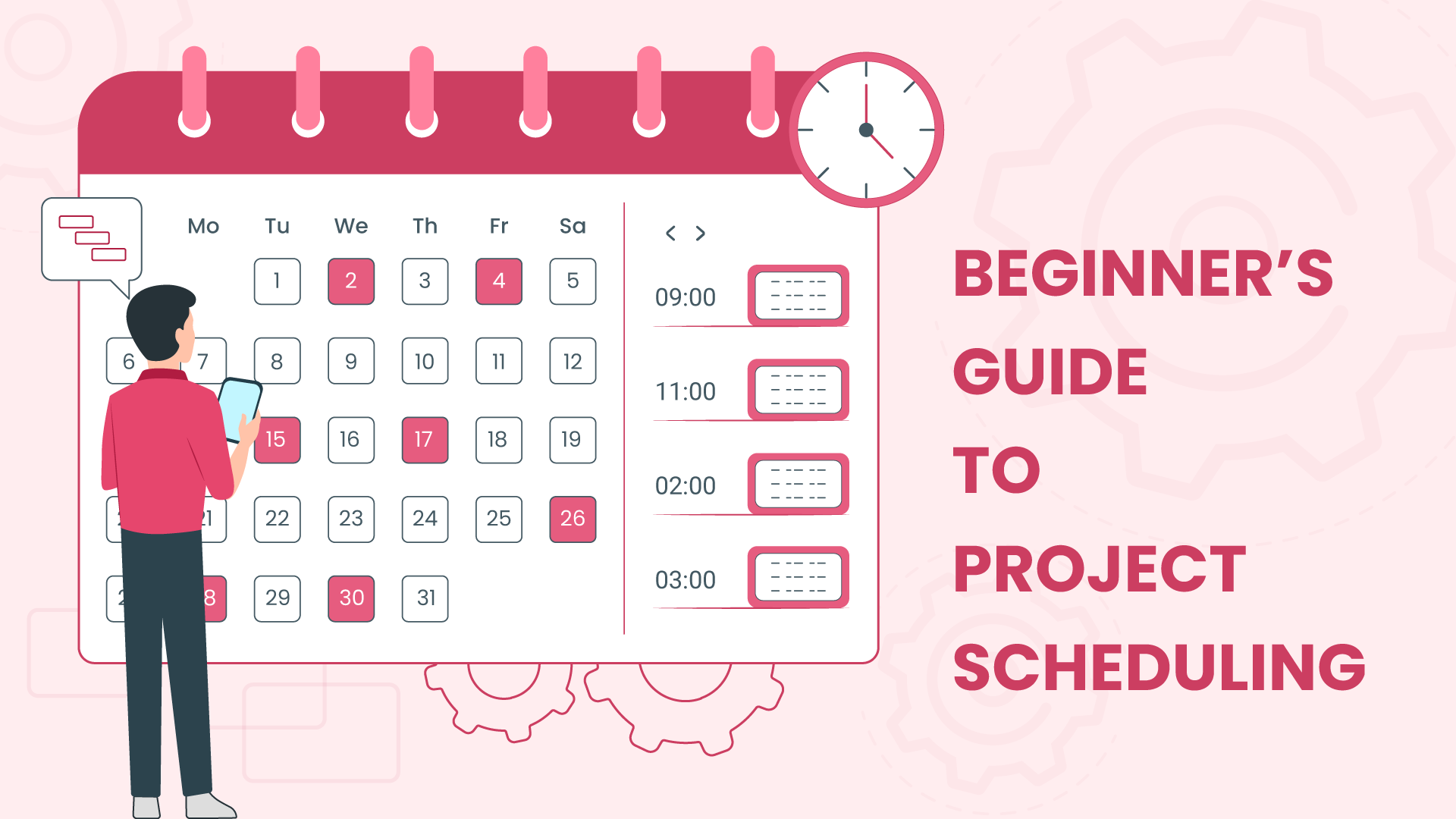
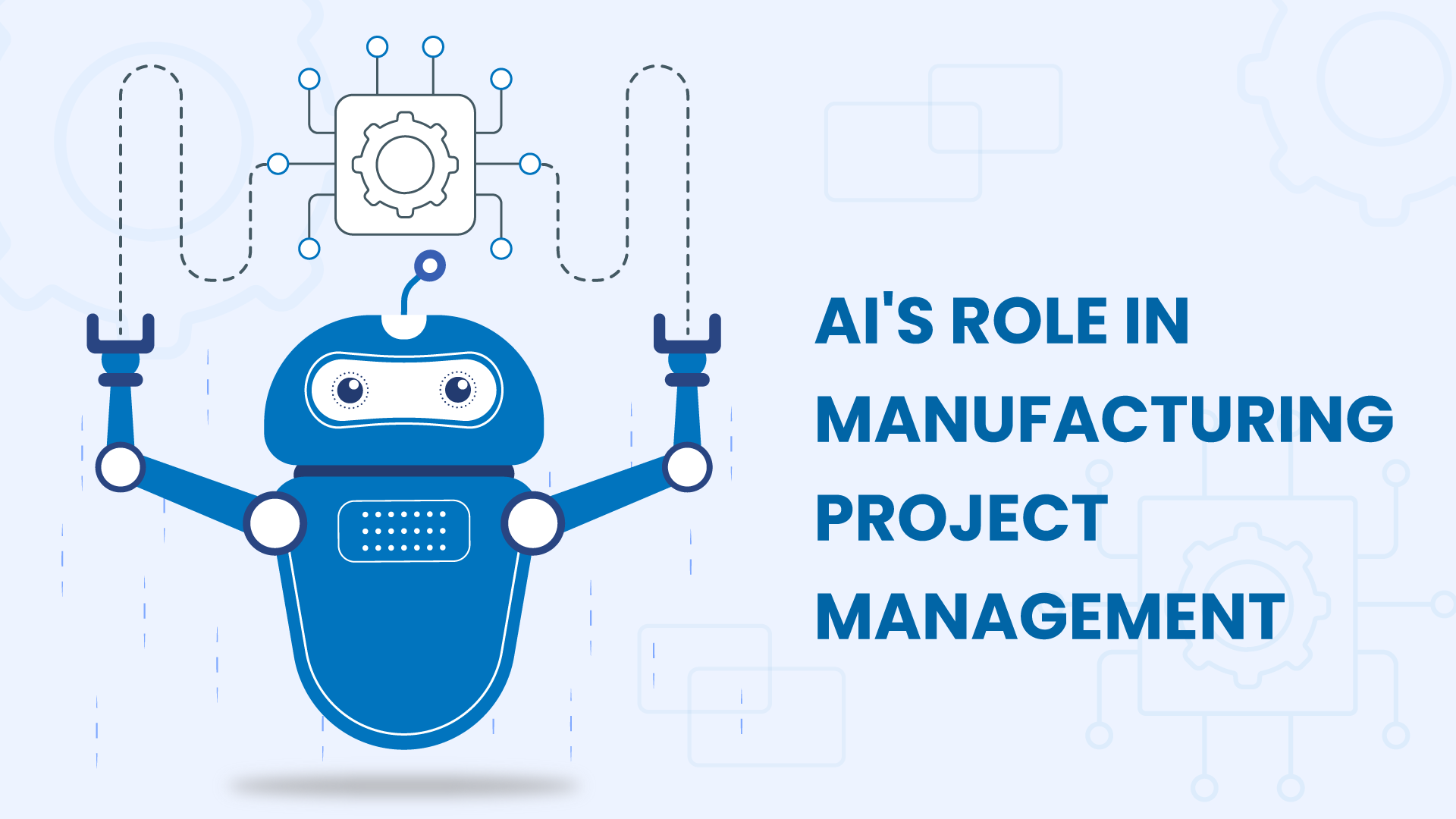


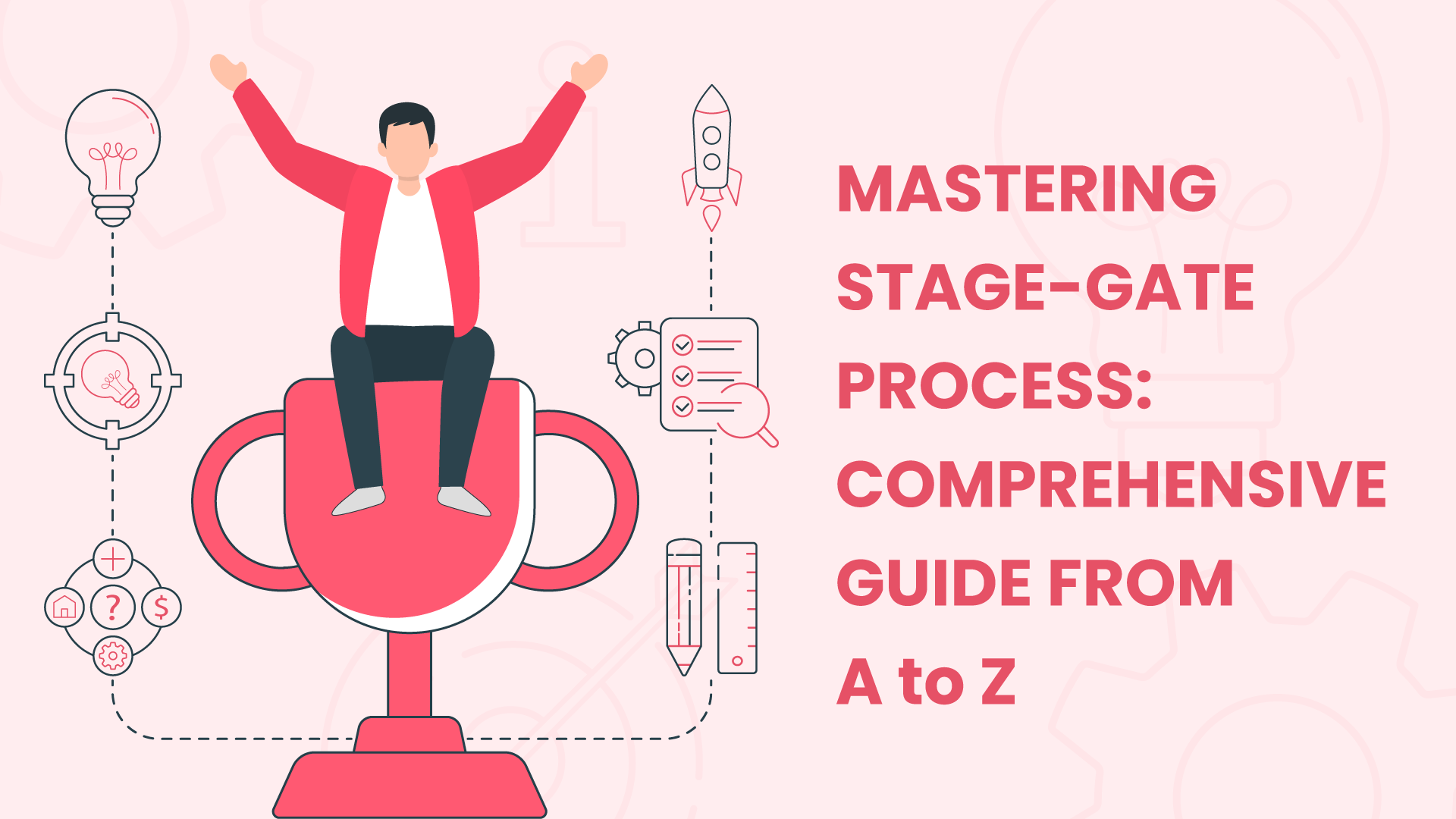
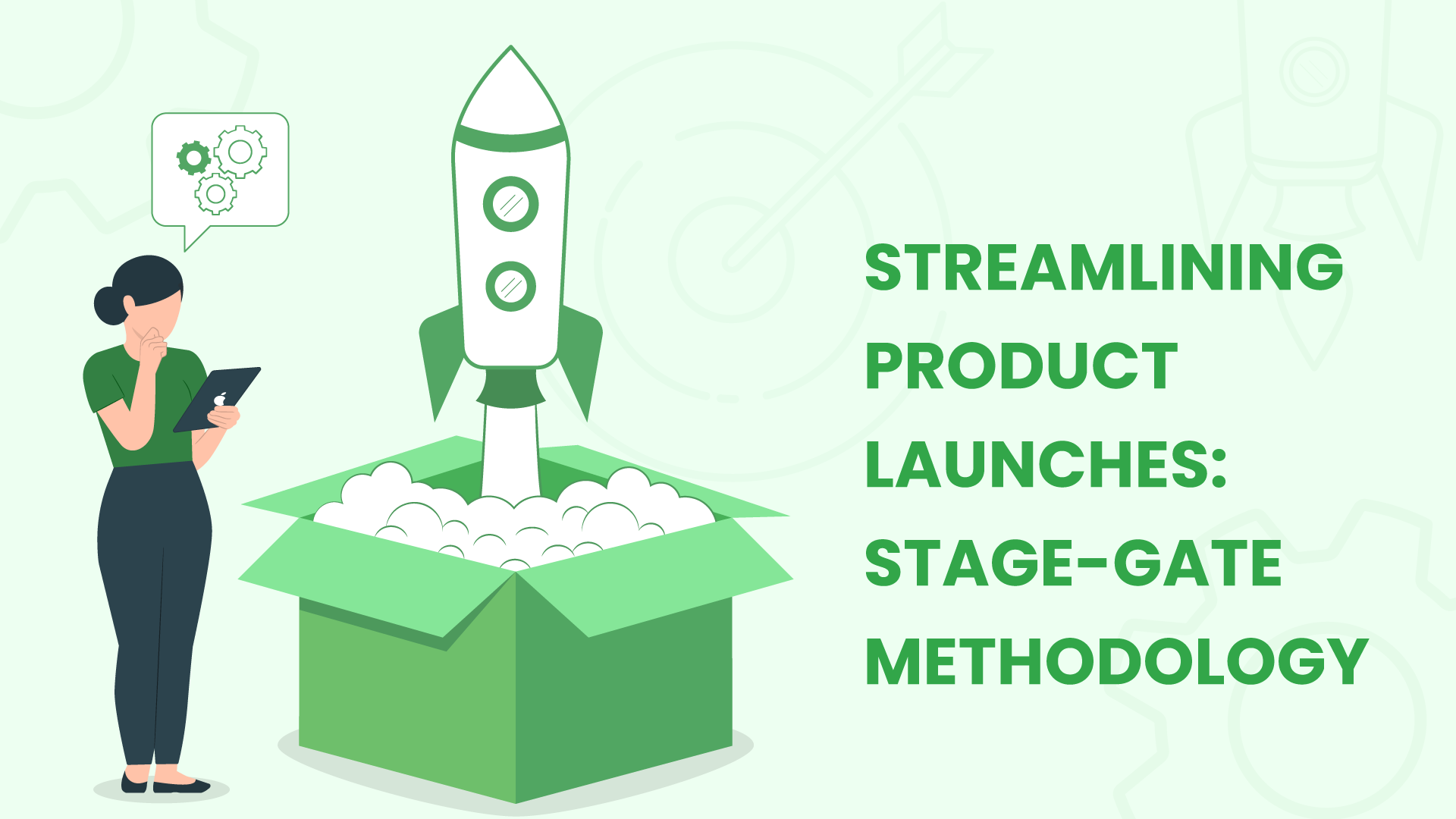
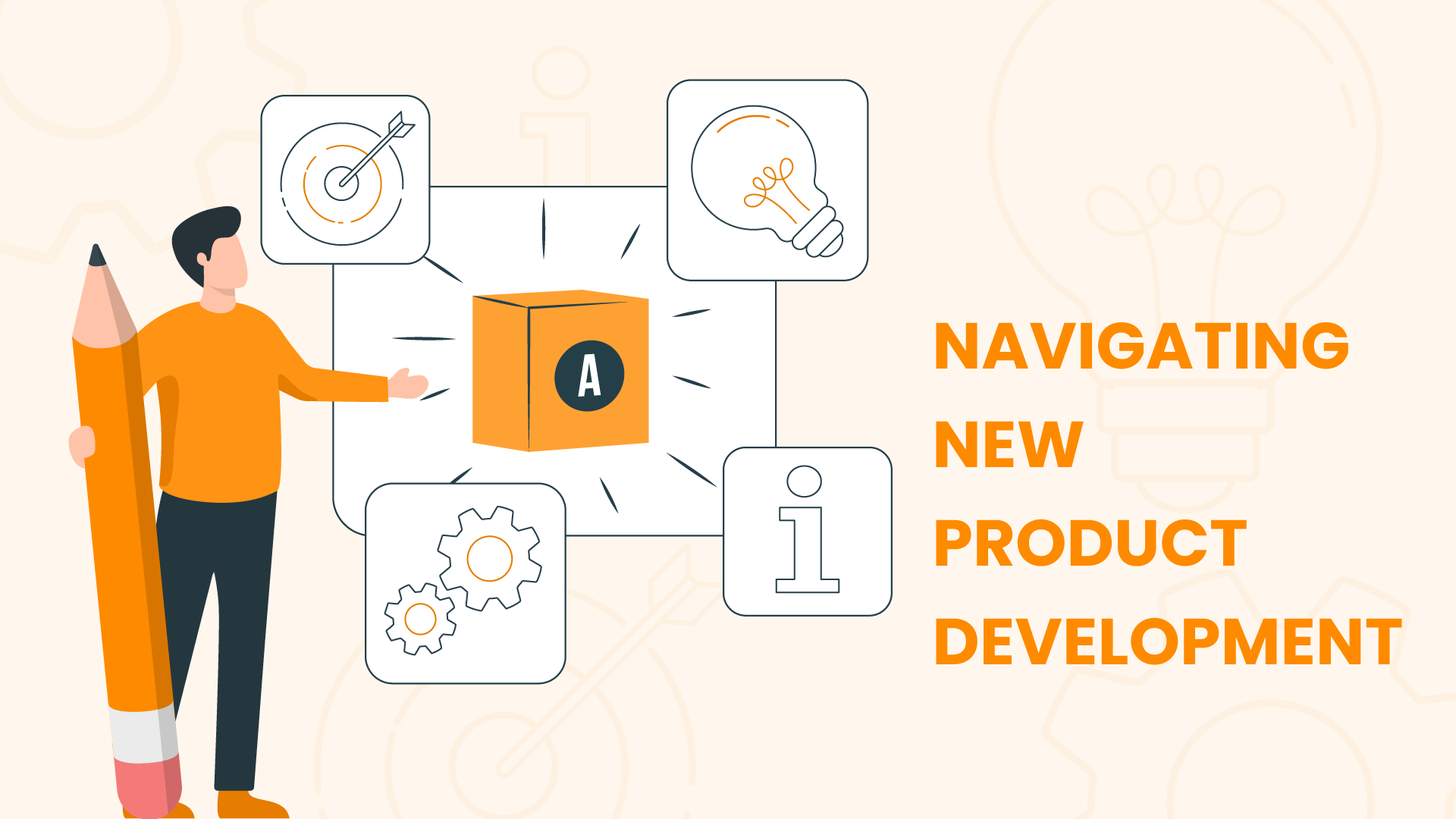
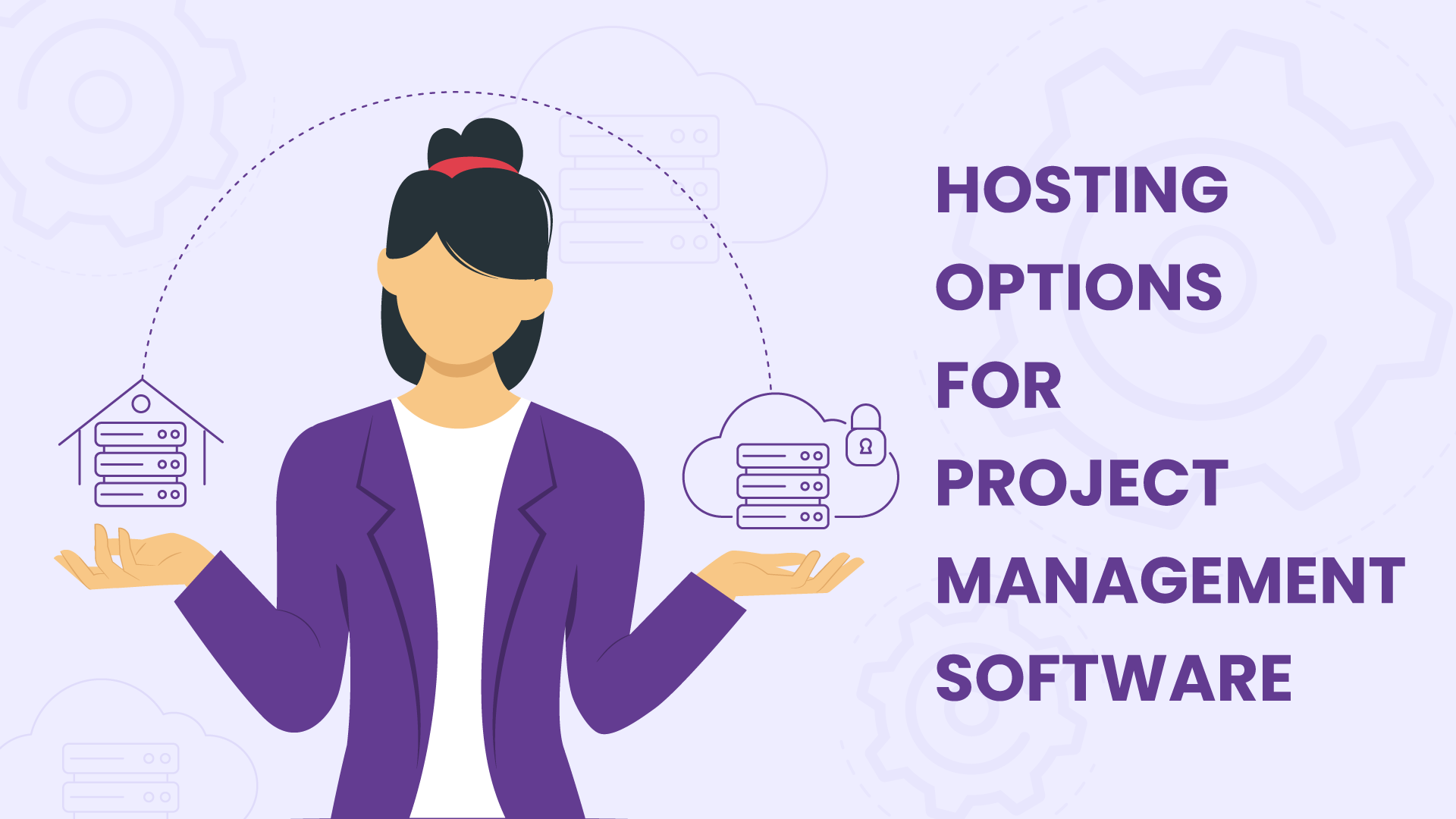



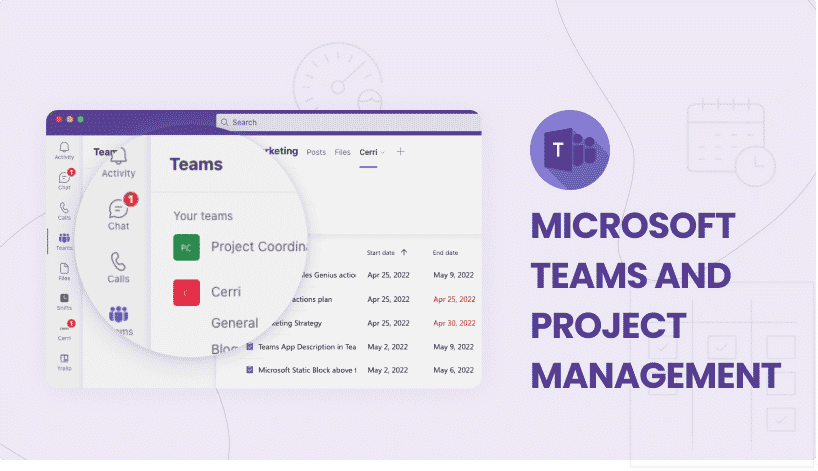

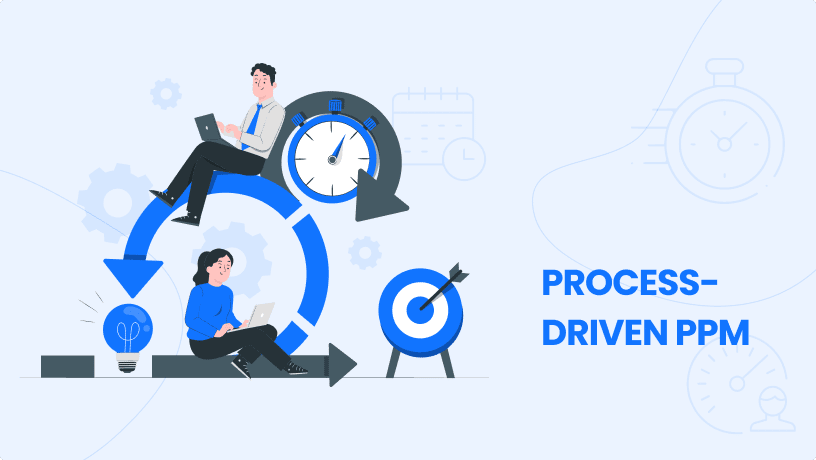

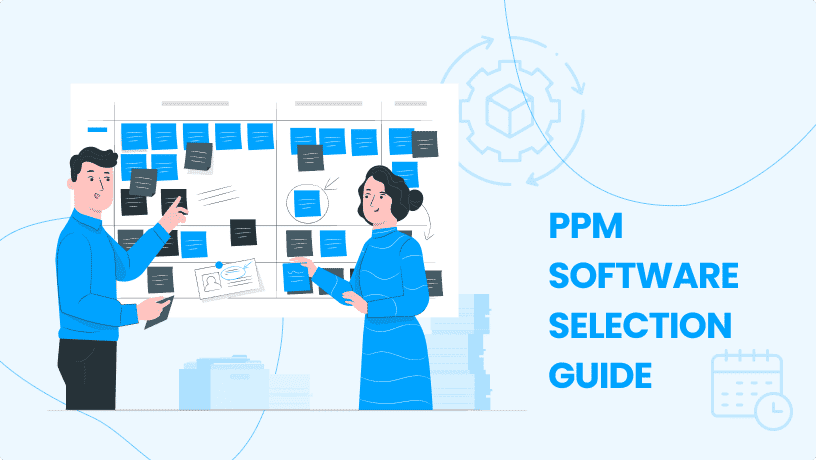
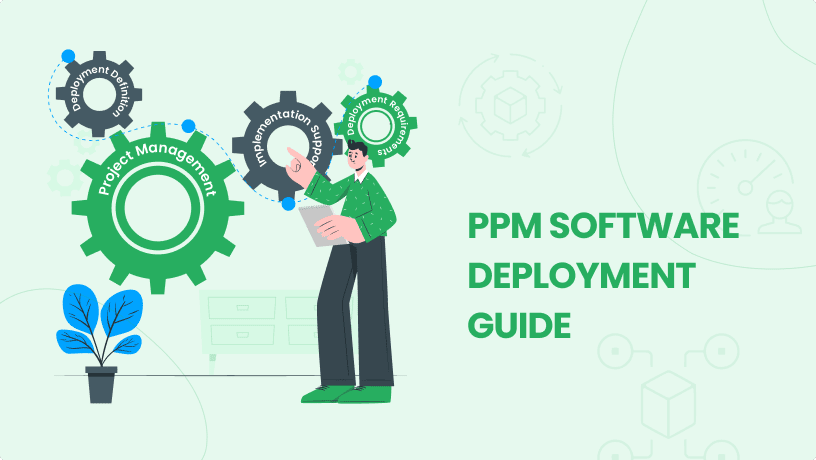
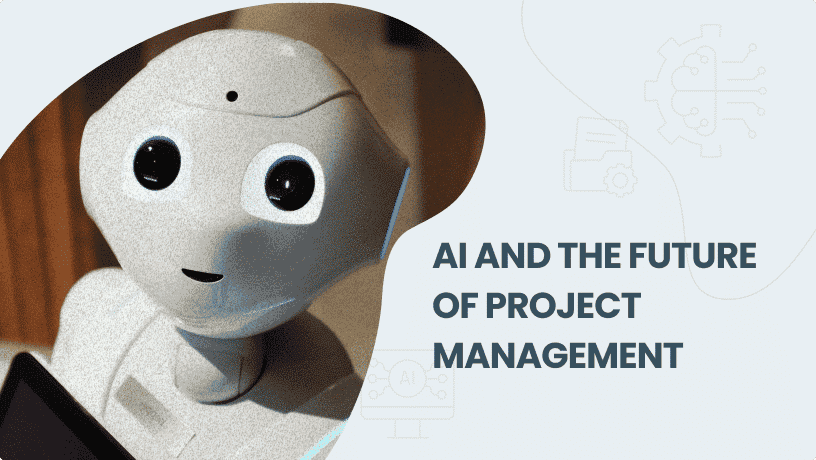
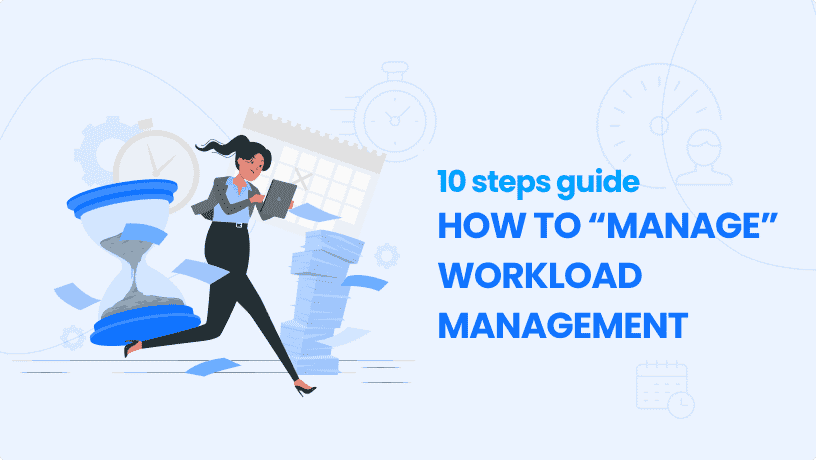






 Task Management
Task Management 




















 Customization
Customization
